The concept behind this documentary is rooted in ethnographic research I conducted titled "Tattoo Artist: A Modern Therapist," which delves into the unique dynamics within tattoo shops and the role of tattoo artists. In this research, I drew comparisons between tattoo sessions and humanistic psychological therapy, concluding that the tattooing process possesses components that could be considered therapeutic.
Humanistic therapy aims to help individuals realize their potential by embracing their uniqueness. It operates on the belief that people have free will and are driven towards self-actualization. The therapist, acting as a non-judgmental and empathetic listener, guides the therapeutic process by acknowledging clients' experiences without redirecting or imposing judgments. This empathetic approach, where the therapist connects with the client's experience, is at the core of humanistic therapy.
Similarly, in tattoo sessions, many of these therapeutic elements are present. Tattoo artists not only help clients express their identity, but they also engage deeply to understand the personal significance behind each piece. This shared experience leaves a lasting impact on both the client and the artist, as the tattoo becomes a meaningful symbol on the client’s skin for life.
From this foundation, the idea for "Ink Therapy" emerged—a documentary that juxtaposes tattooing practices with humanistic therapy principles. The film explores the experiences of 24-year-old tattoo artist Kris Hershel, whose shop, Evermore Tattoo Studio in Orlando, Florida, serves as a space for clients to find healing and expression through tattoos.
In 2022, I embarked on this personal documentary project to capture a unique perspective on the tattoo industry. The journey through various film festivals ultimately led me to connect with two remarkable individuals: Miranda Proctor and Stacie Becker. Together, they developed "Project MTFM" (Medical Tattooing Following Mastectomy), a groundbreaking initiative focused on the therapeutic potential of medical tattooing for breast cancer survivors.
Empower Ink is a documentary that builds on the psychological exploration introduced in Ink Therapy, while introducing a modern and impactful tattoo practice: medical tattooing. The film follows the journey of tattoo artist Stacie Becker and PhD Clinical Psychology student Miranda Proctor, who leads research on the therapeutic benefits of medical tattooing. Together, they spearhead Project MTFM (Medical Tattooing Following Mastectomy) in Orlando, Florida. Empower Tattoo, where Stacie works, specializes in professional medical tattooing for NAC restoration (realistic nipple/areola tattooing), scar camouflage, and decorative scar concealment. Miranda’s research aims to understand the emotional experiences of breast cancer survivors and the benefits of medical tattooing in improving their quality of life. Through their combined efforts, these two women have provided a transformative experience for breast cancer survivors.
This documentary will showcase six powerful stories of women who, having faced the challenges of breast cancer, have found healing and empowerment through medical tattooing. The goal of Empower Ink is to highlight the objectives and impact of *Project MTFM* on patients, while advocating for policy changes that recognize medical tattooing as an essential part of breast cancer treatment.
Beyond informing audiences about medical tattooing practices, this documentary seeks to raise awareness about breast cancer, foster a supportive community for survivors, and champion the role of art in healing and empowerment. Ultimately, Empower Ink illuminates the resilient journeys of survivors beyond their battles with cancer, while addressing the pressing need to make medical tattooing accessible and integrated into breast cancer recovery and treatment.
NOW LEt's Talk about Budgeting this project
It was definitely a journey! This time, I took on the challenge of researching funding options to budget for this documentary. After exploring various platforms, I decided to go with Indiegogo.com. The platform was user-friendly, and even though we didn’t reach our full funding goal, we managed to secure donations in two phases. This support truly helped kickstart the documentary and provided a path to give it a meaningful conclusion.
Here you can watch both campaigns
BEHID THE SCENES
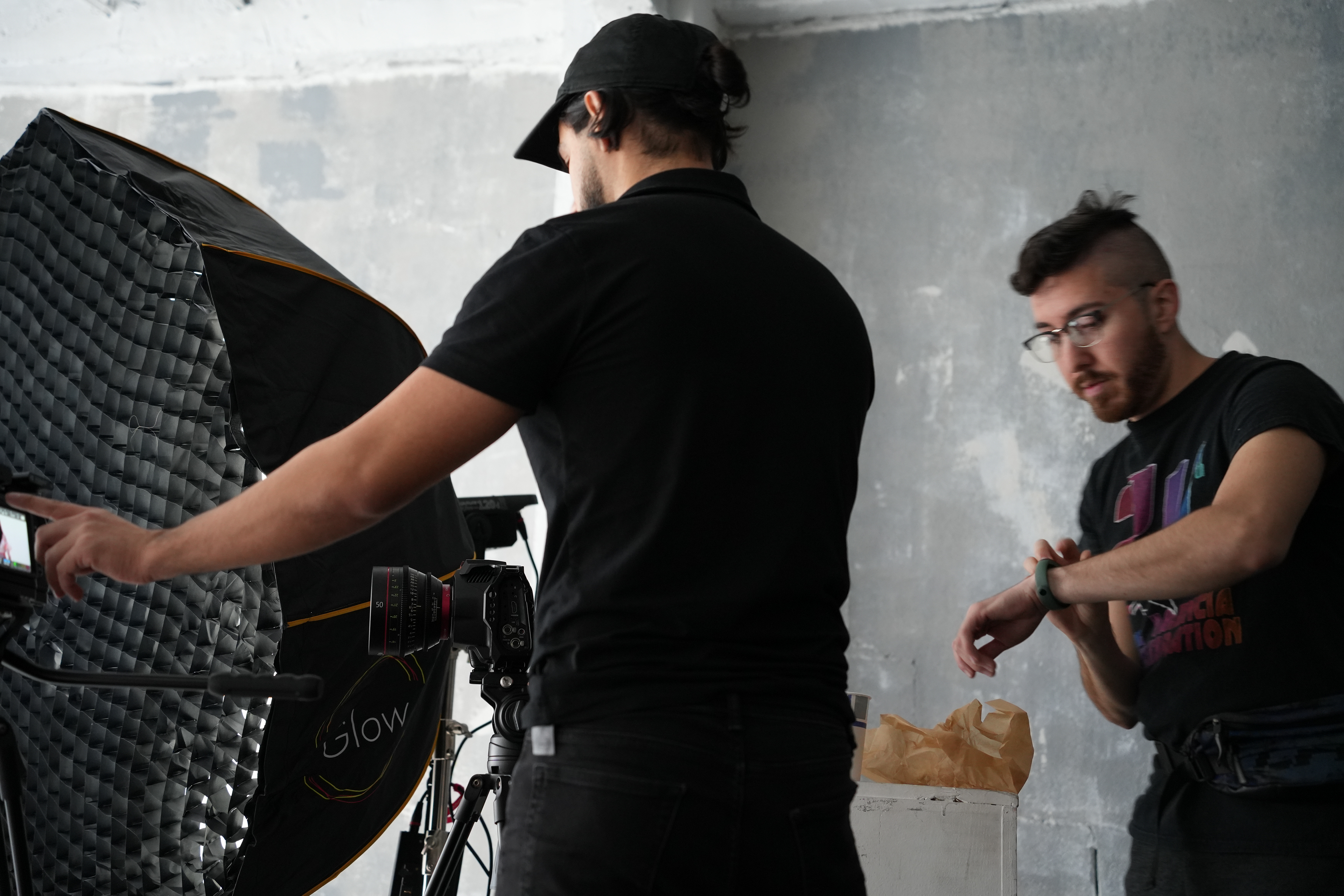
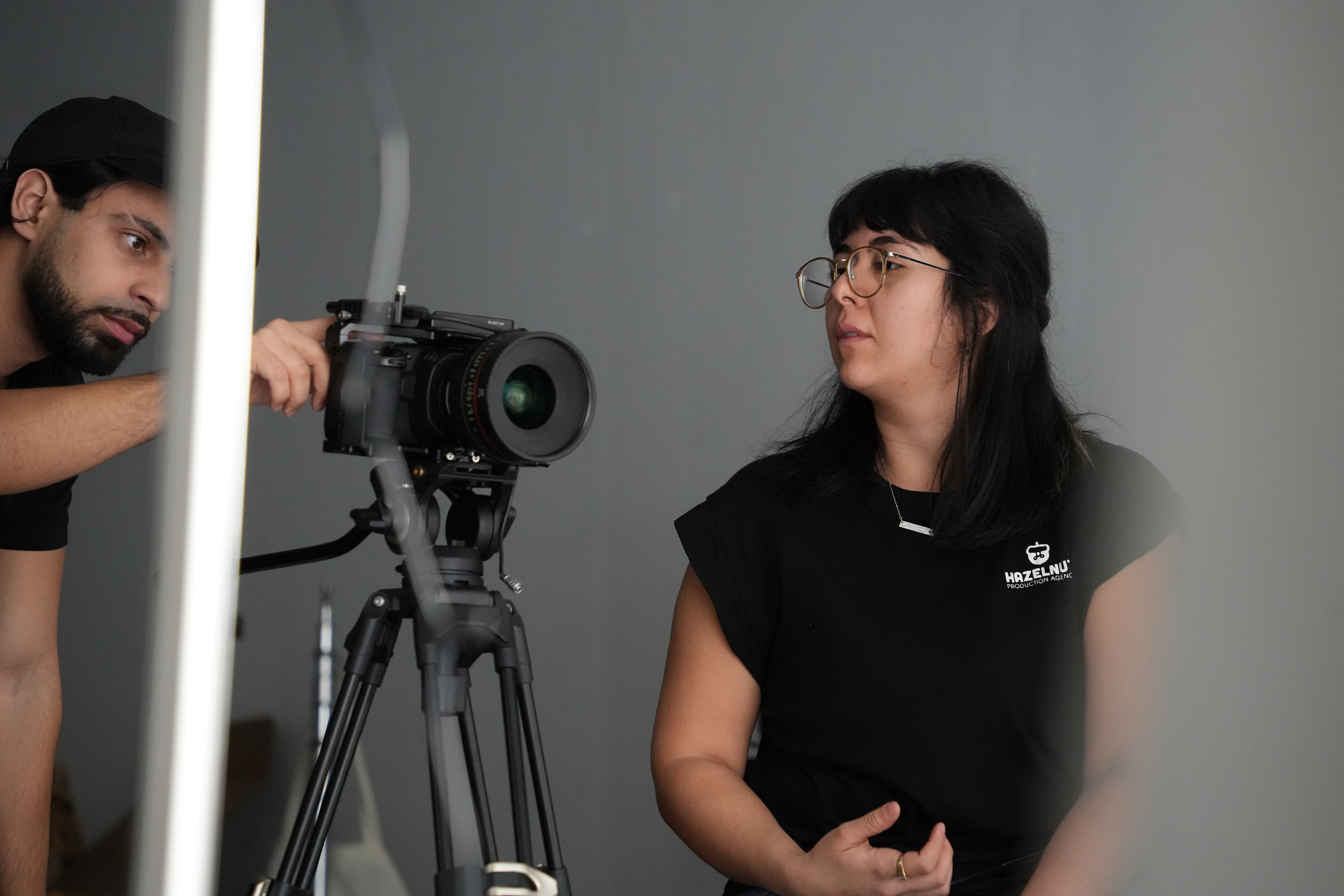
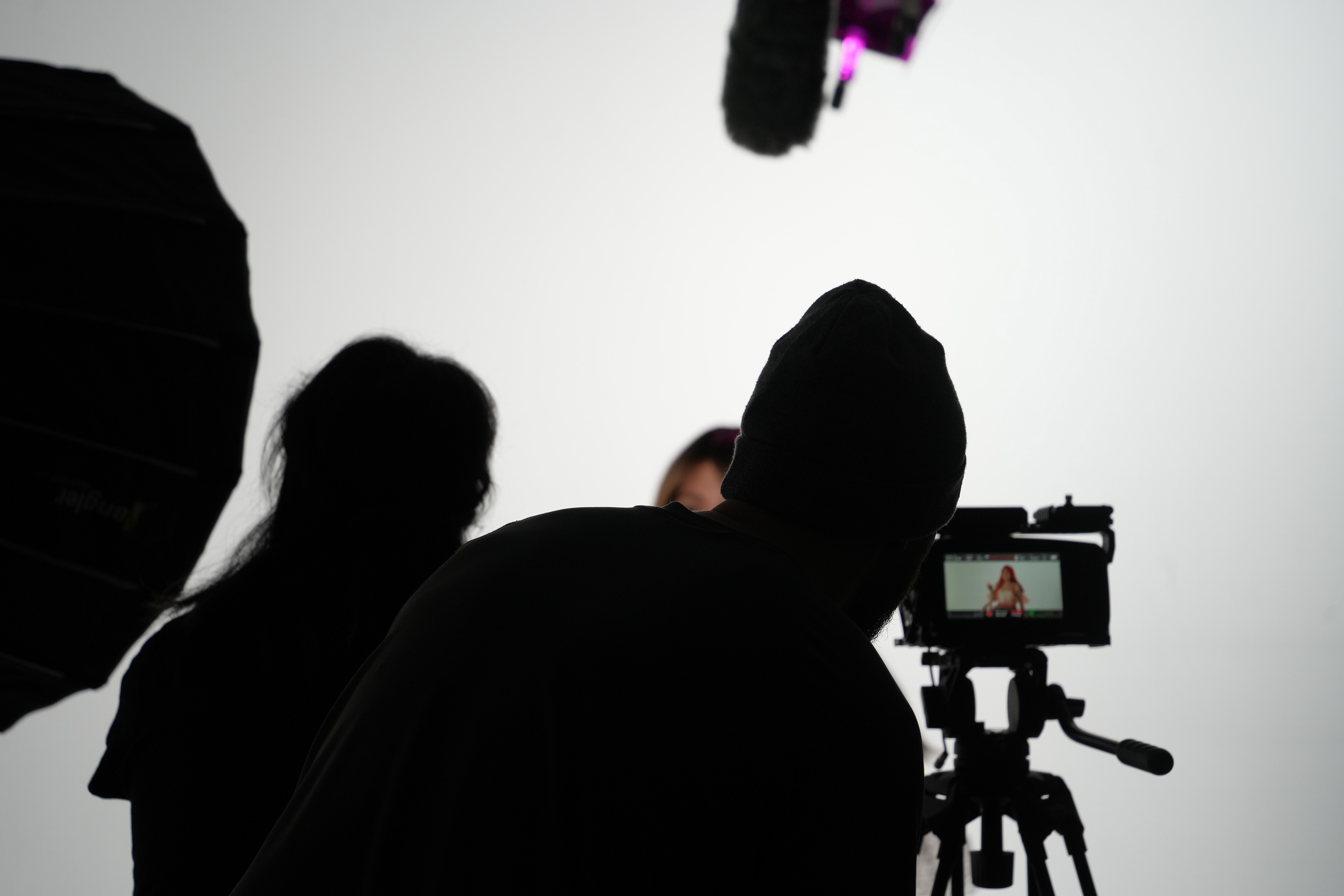
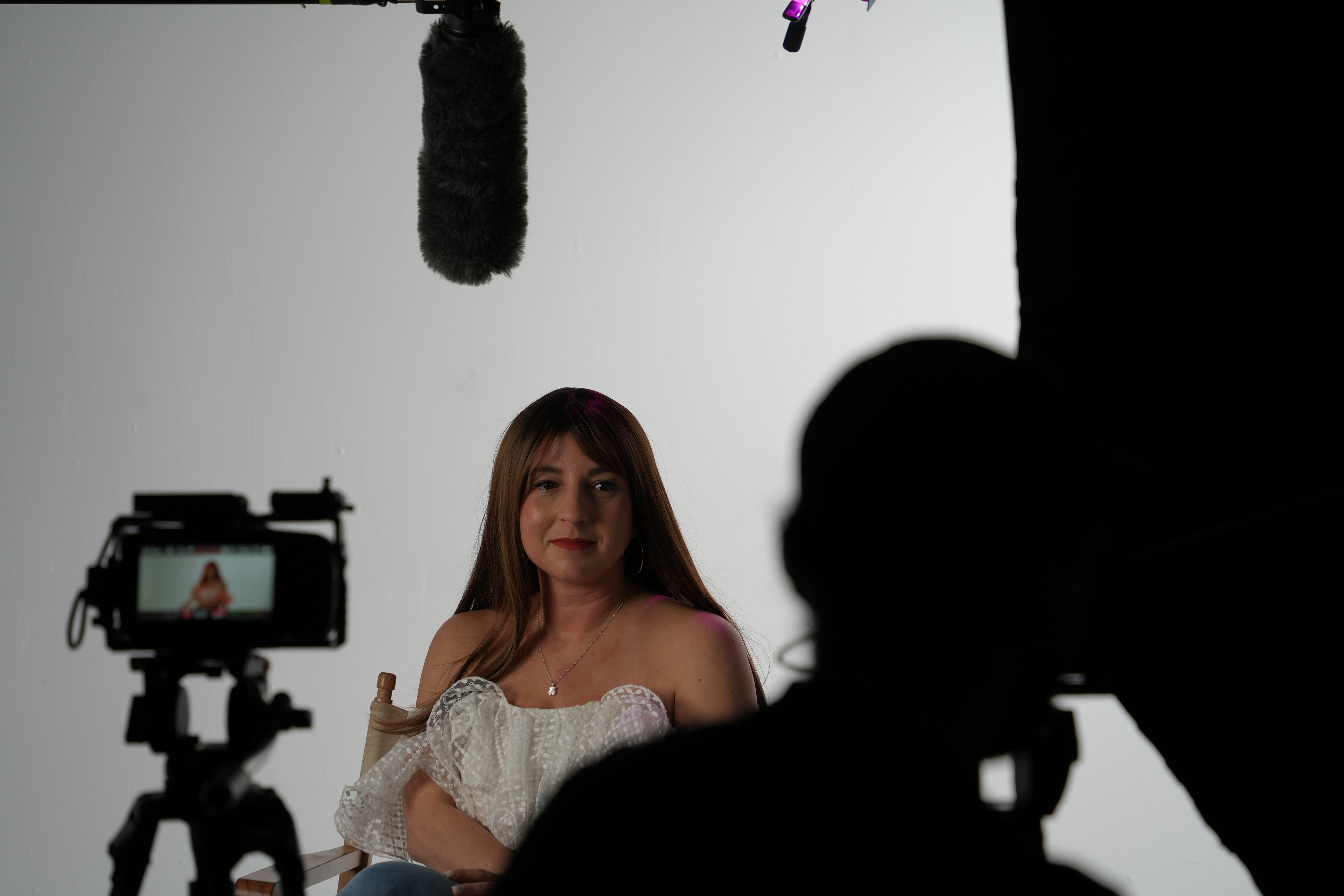
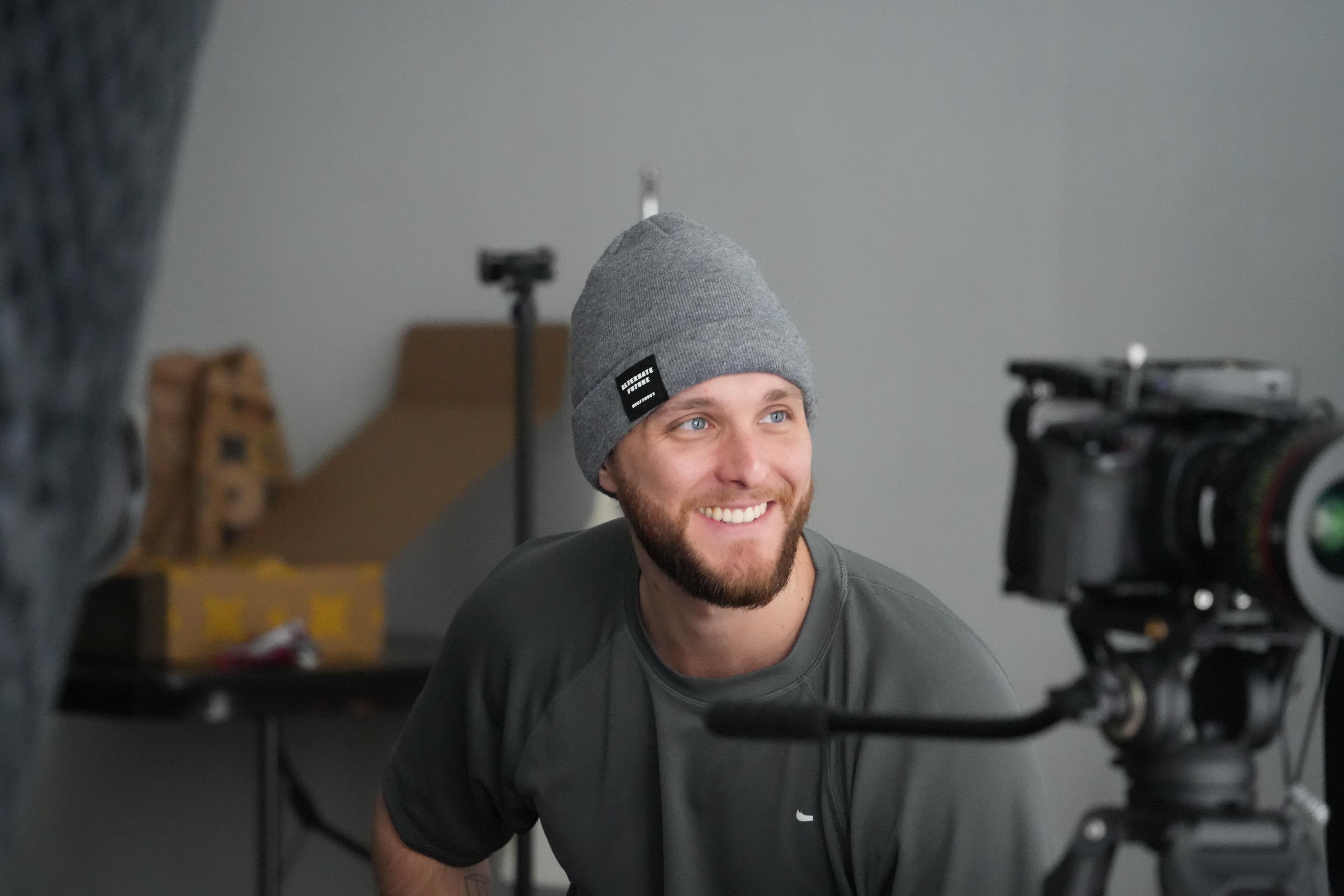
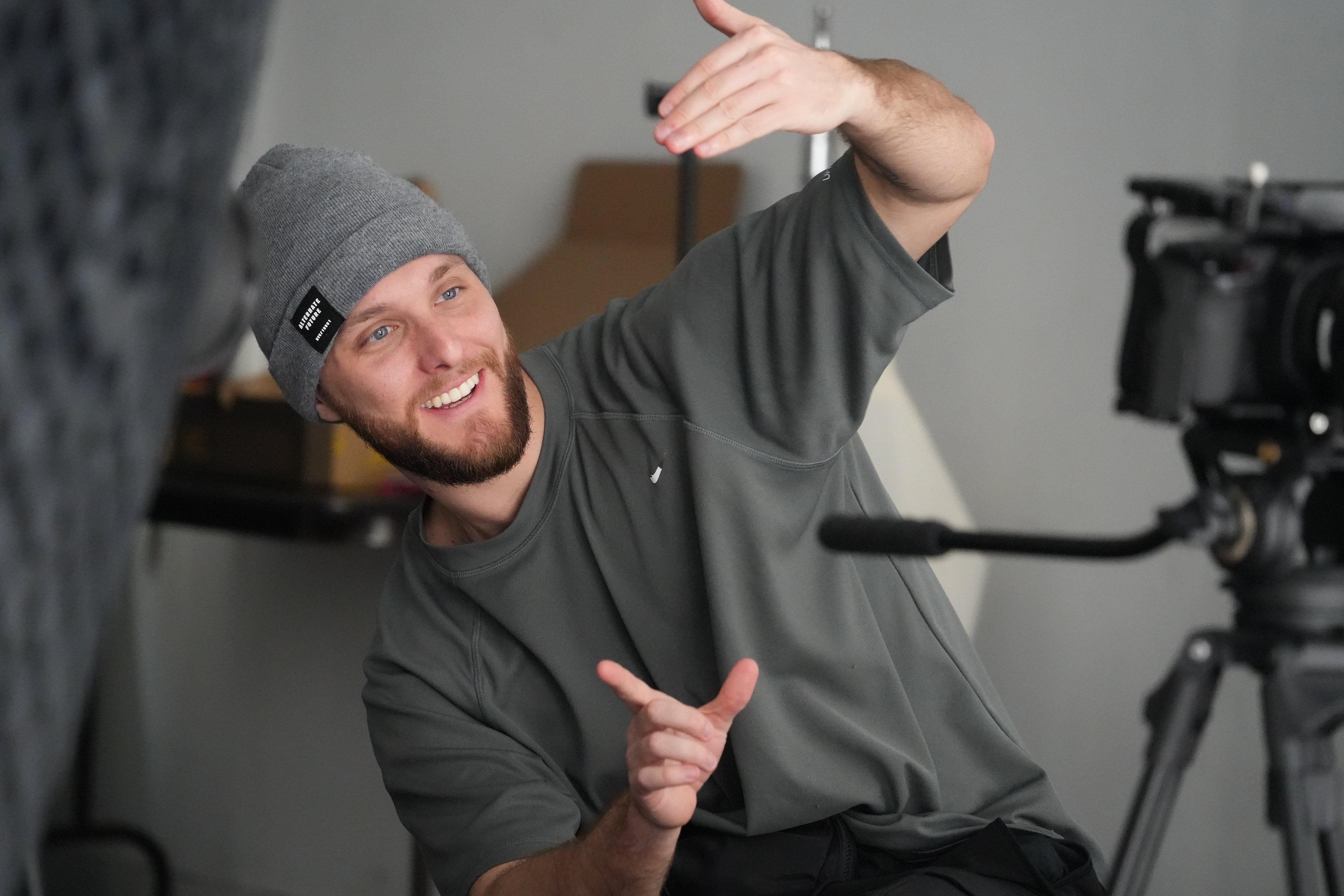
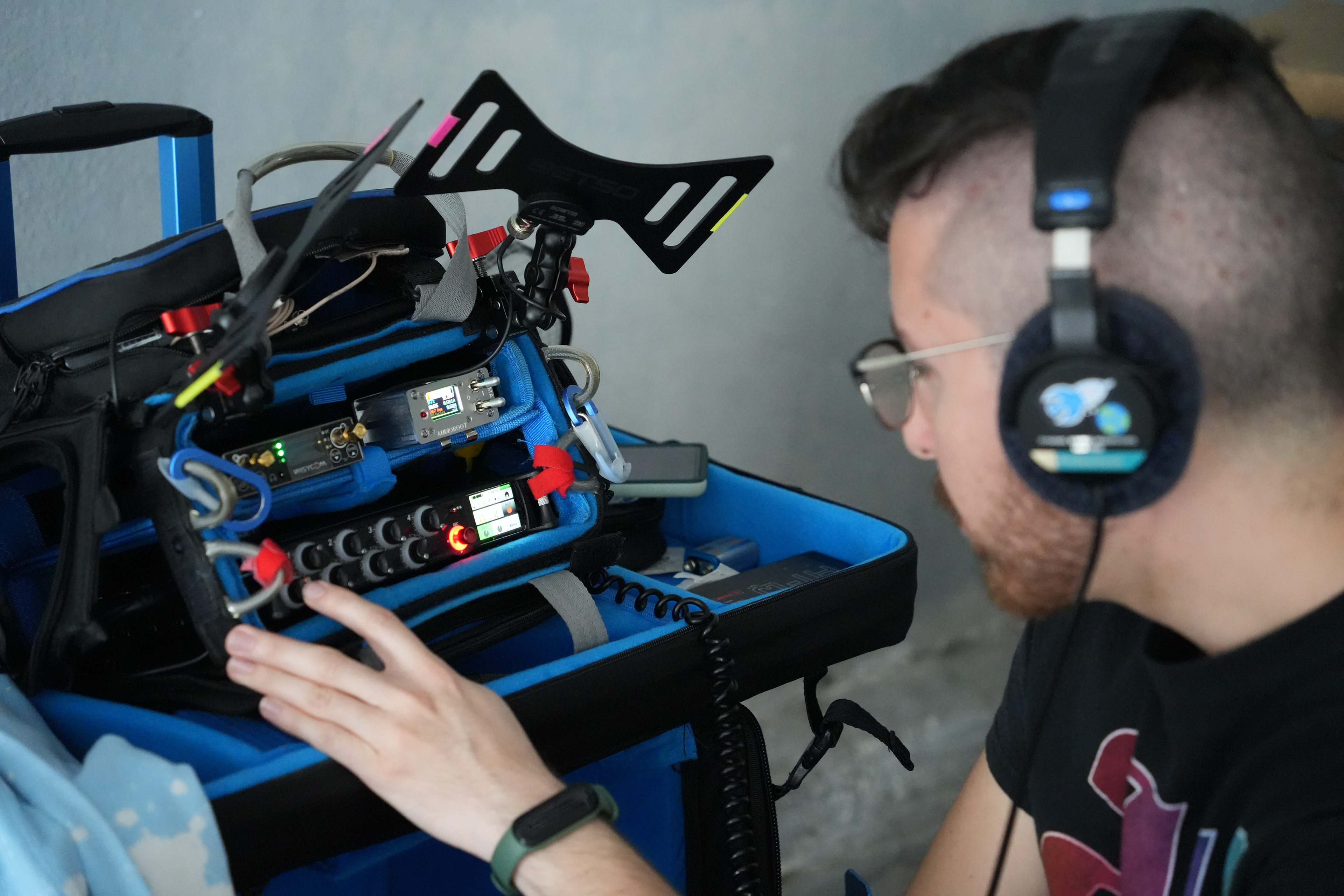
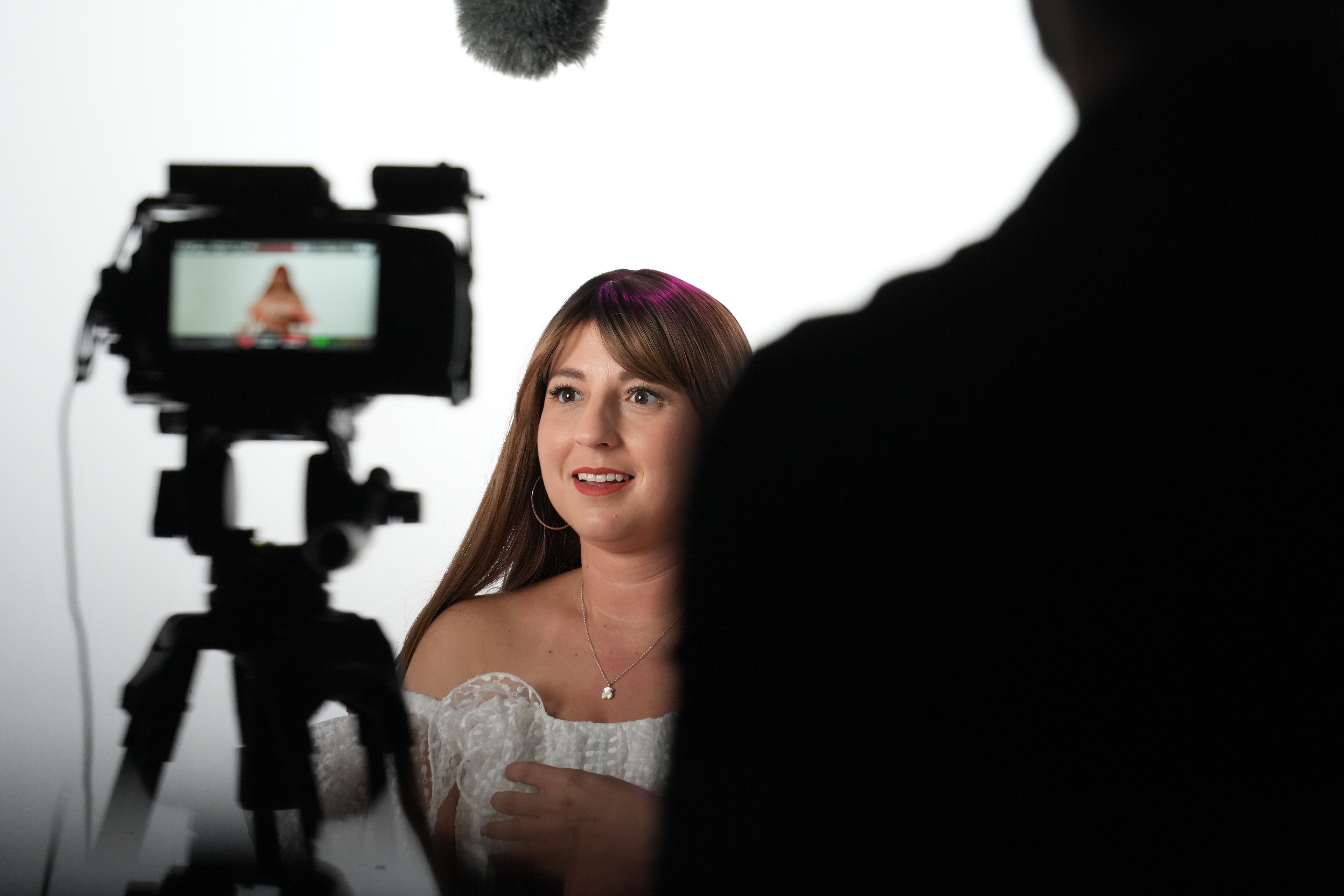
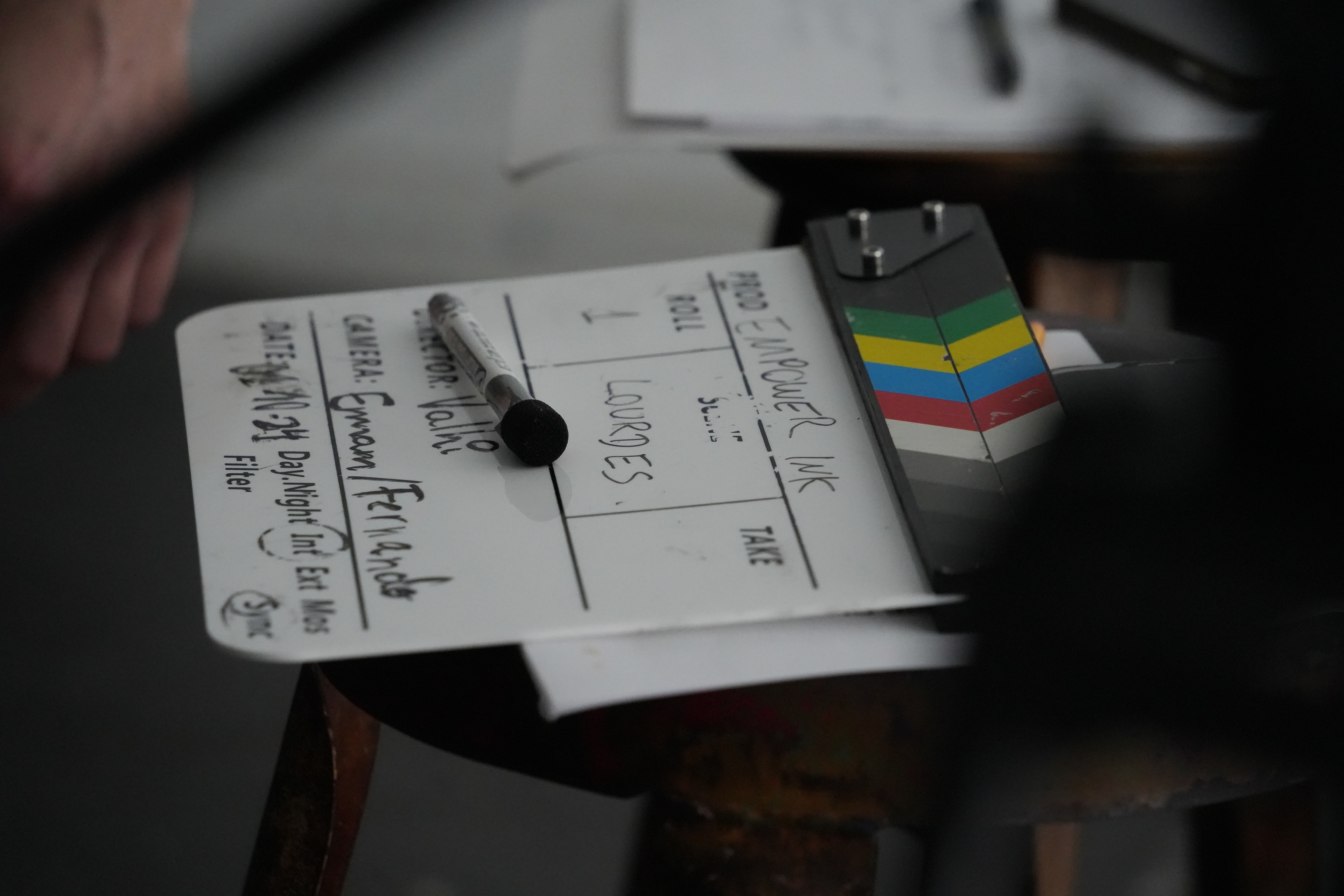
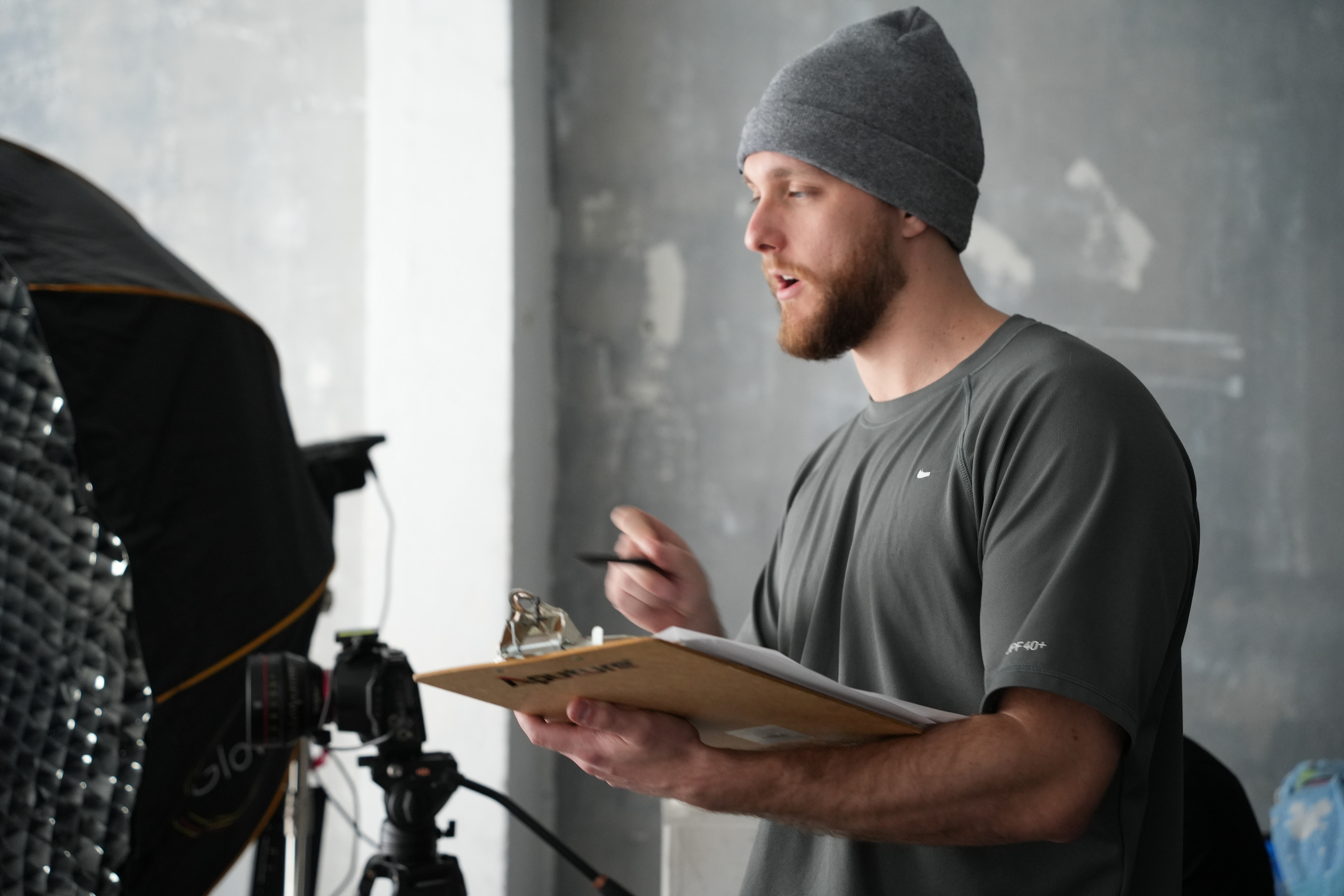
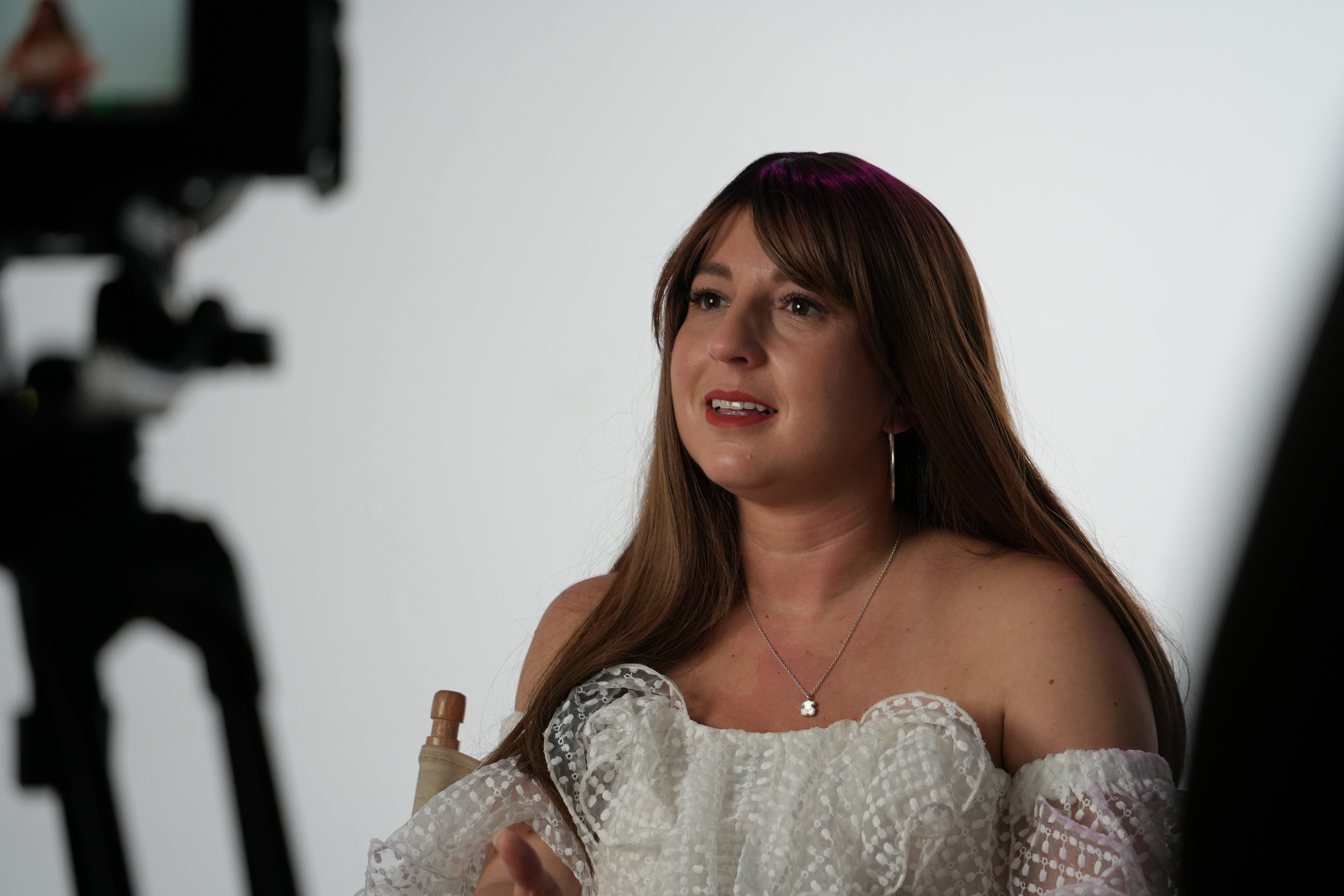
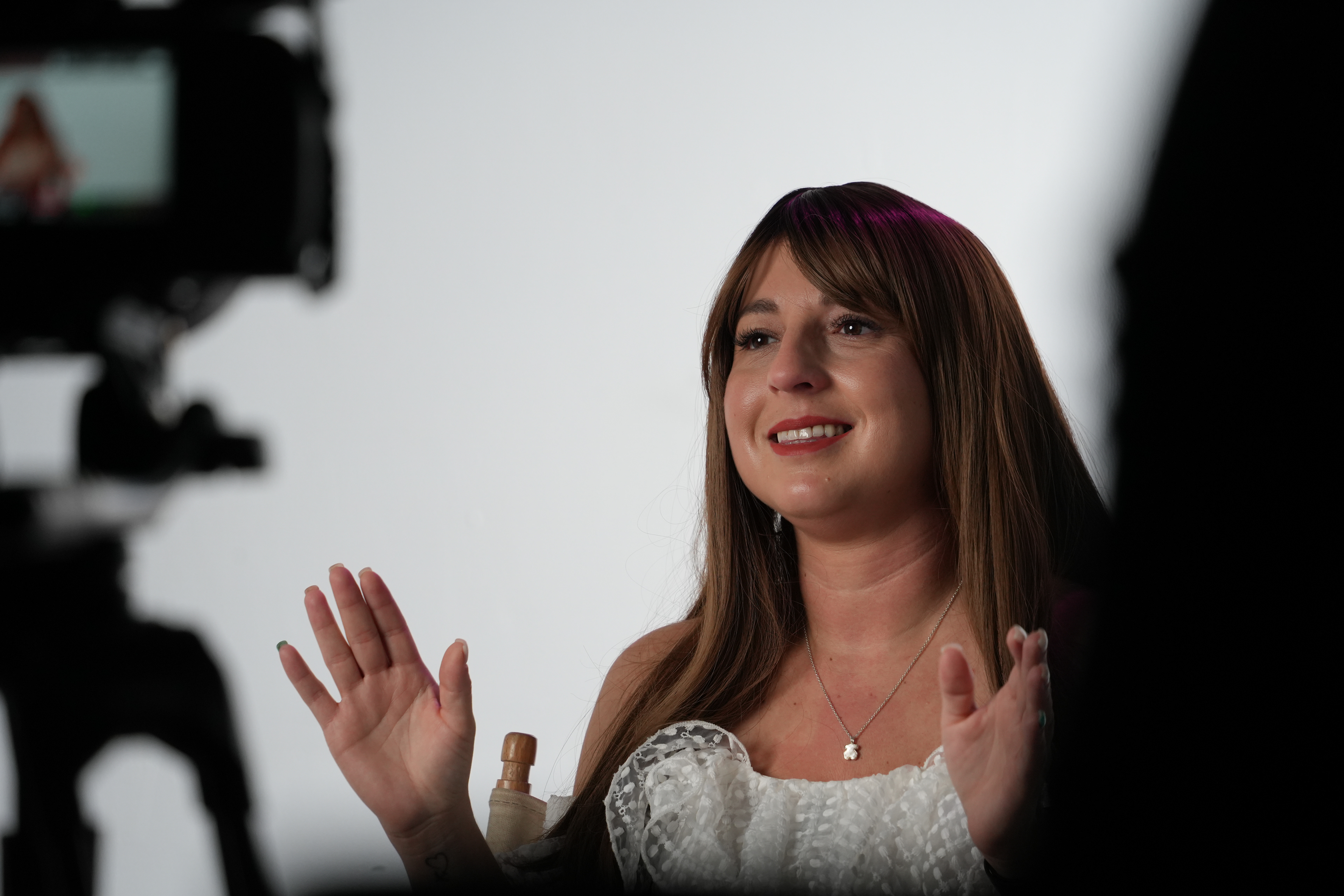
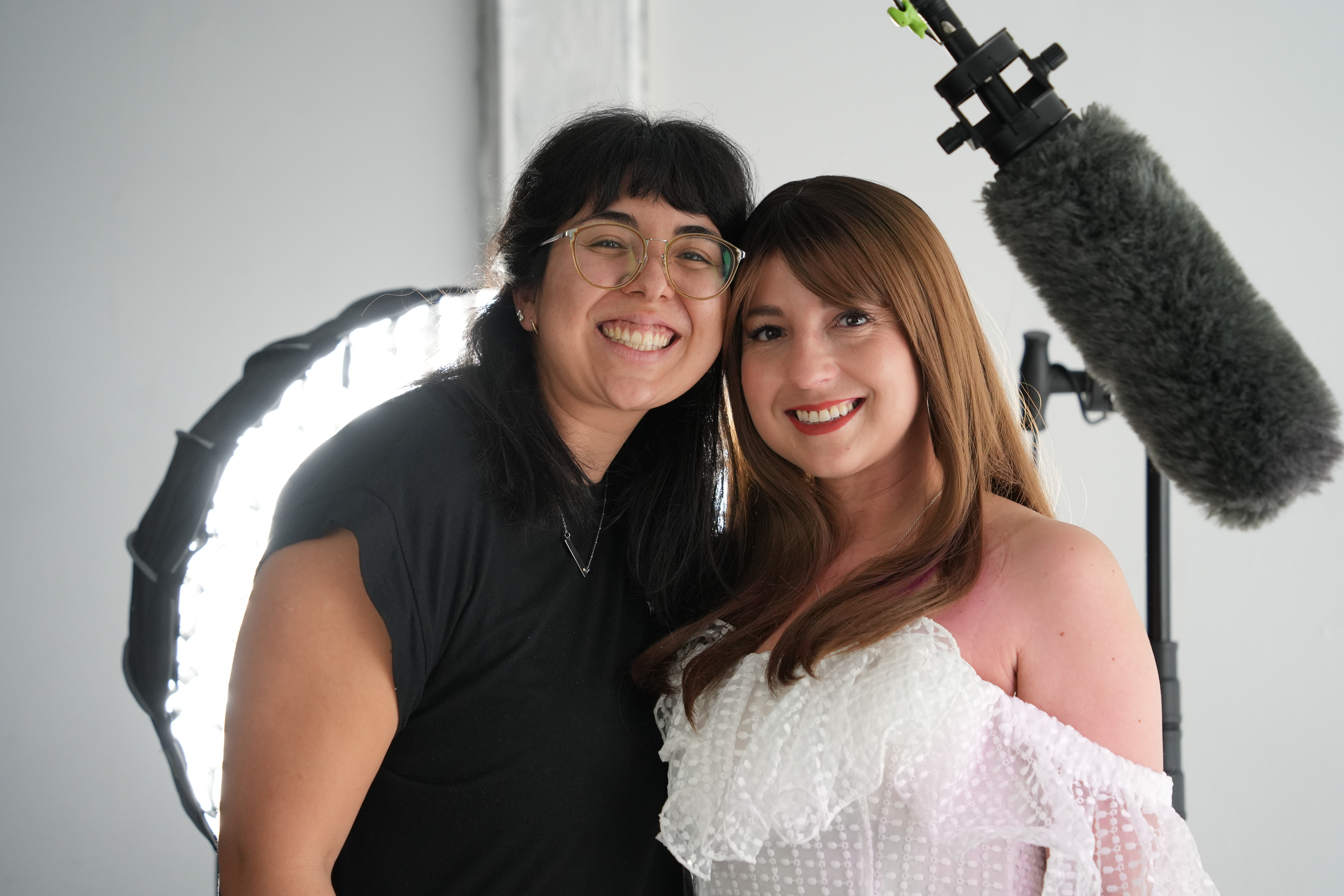
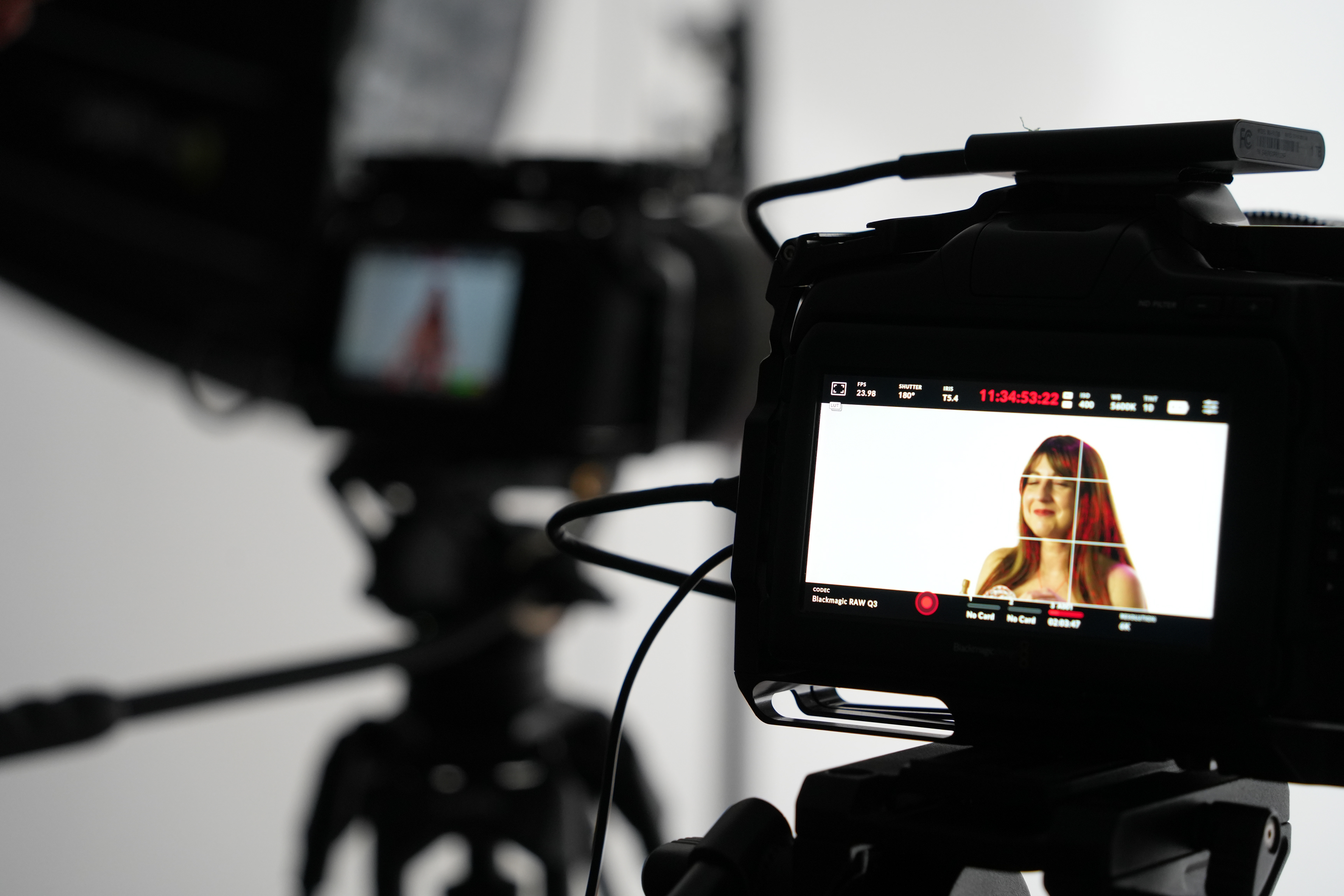
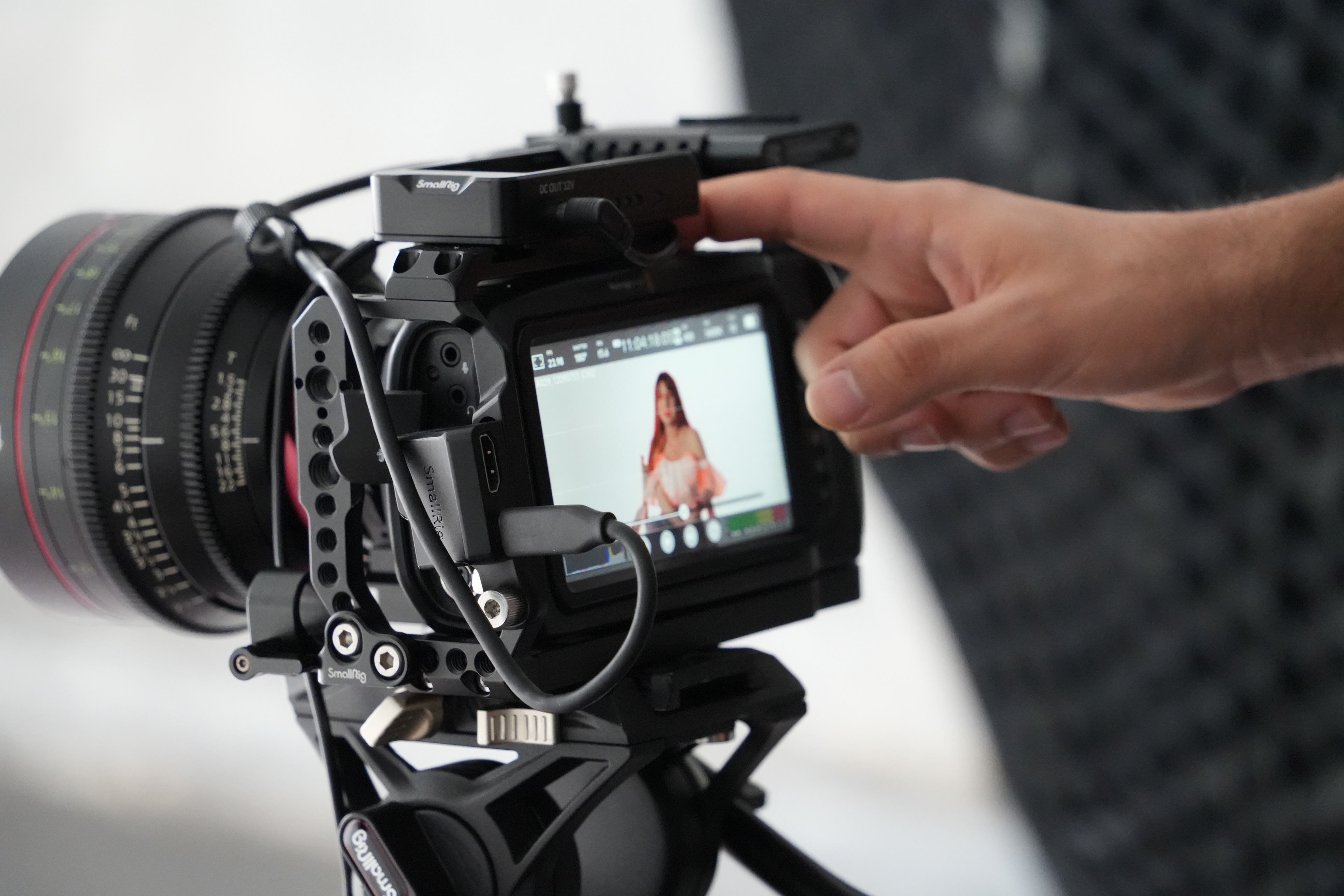
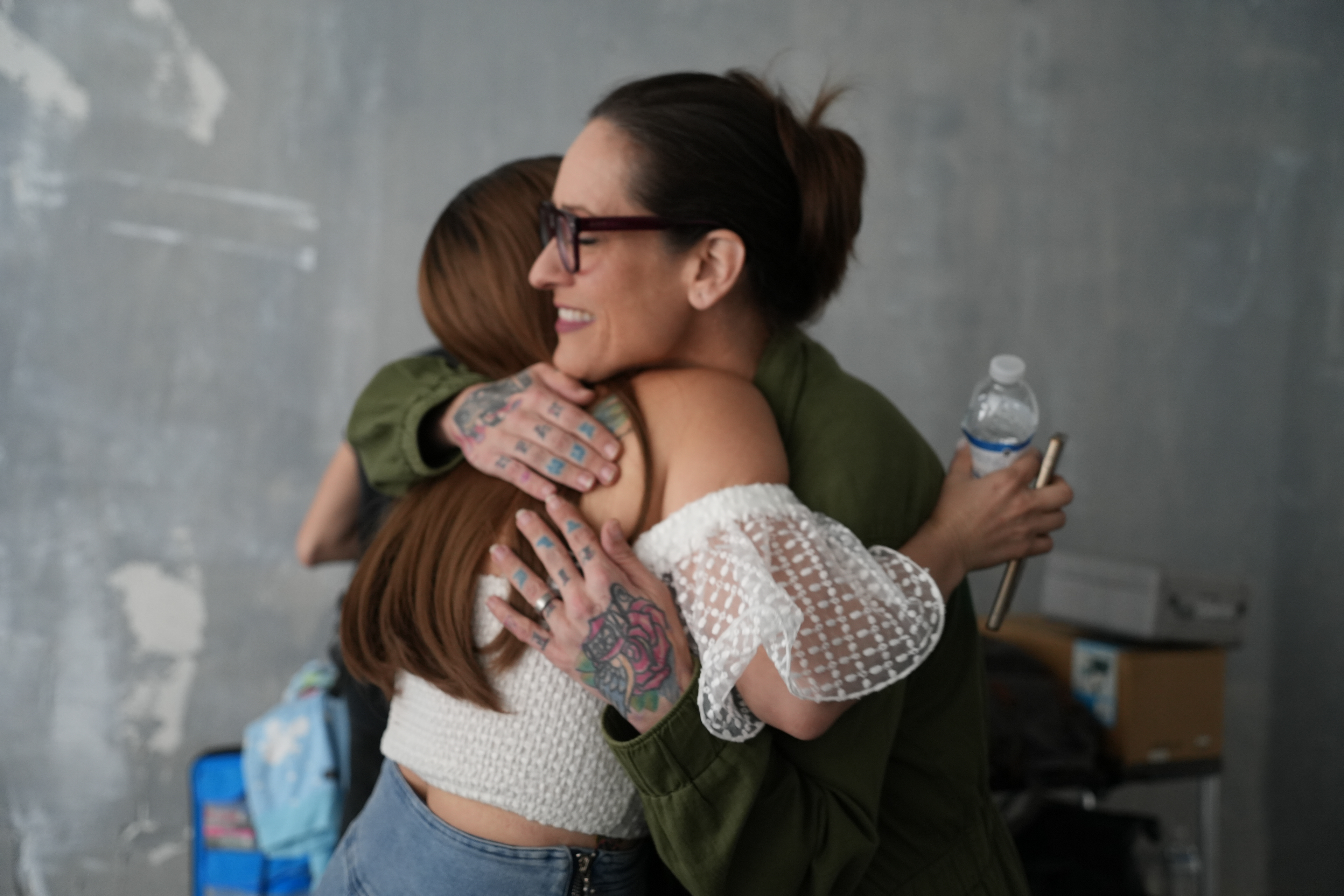
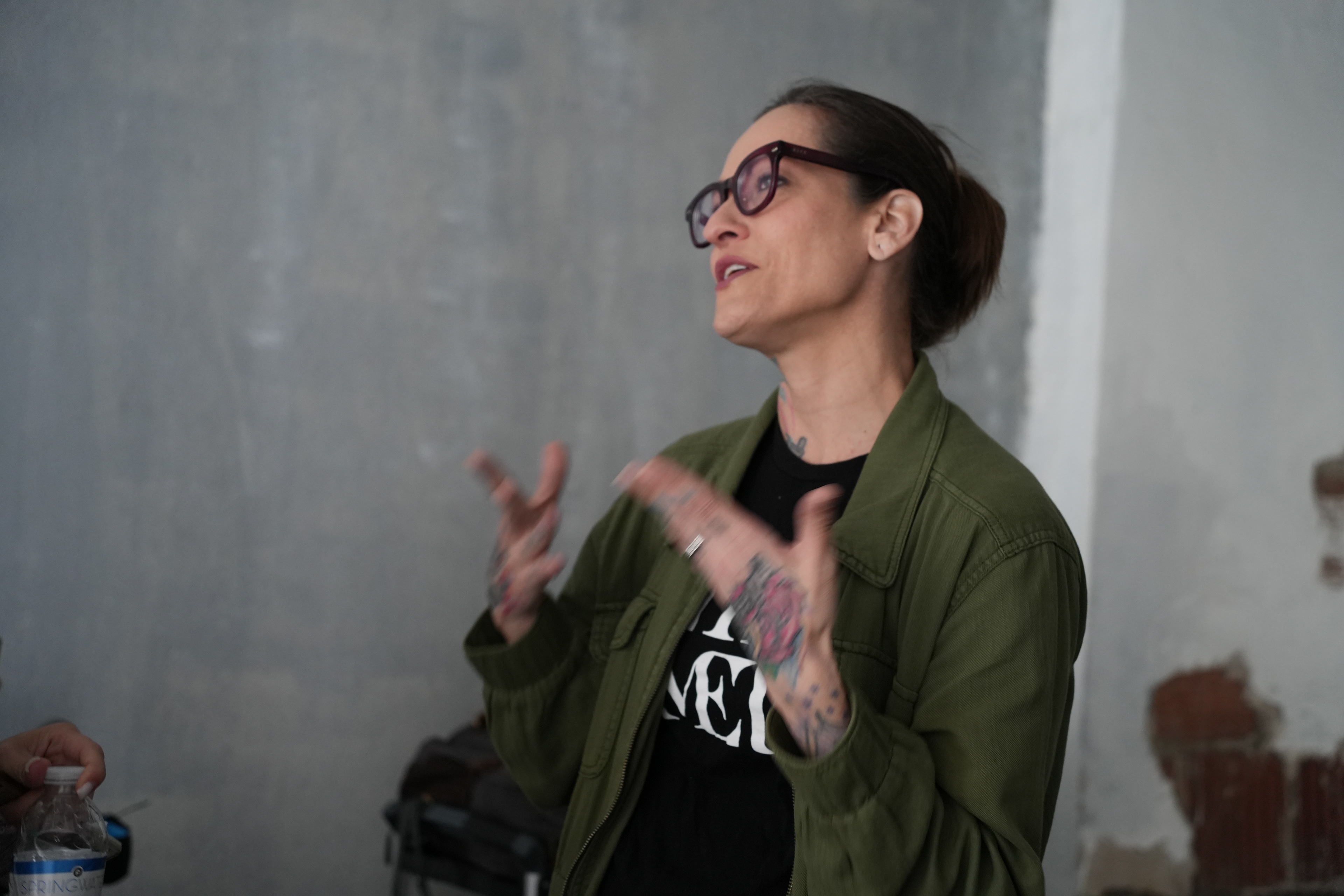

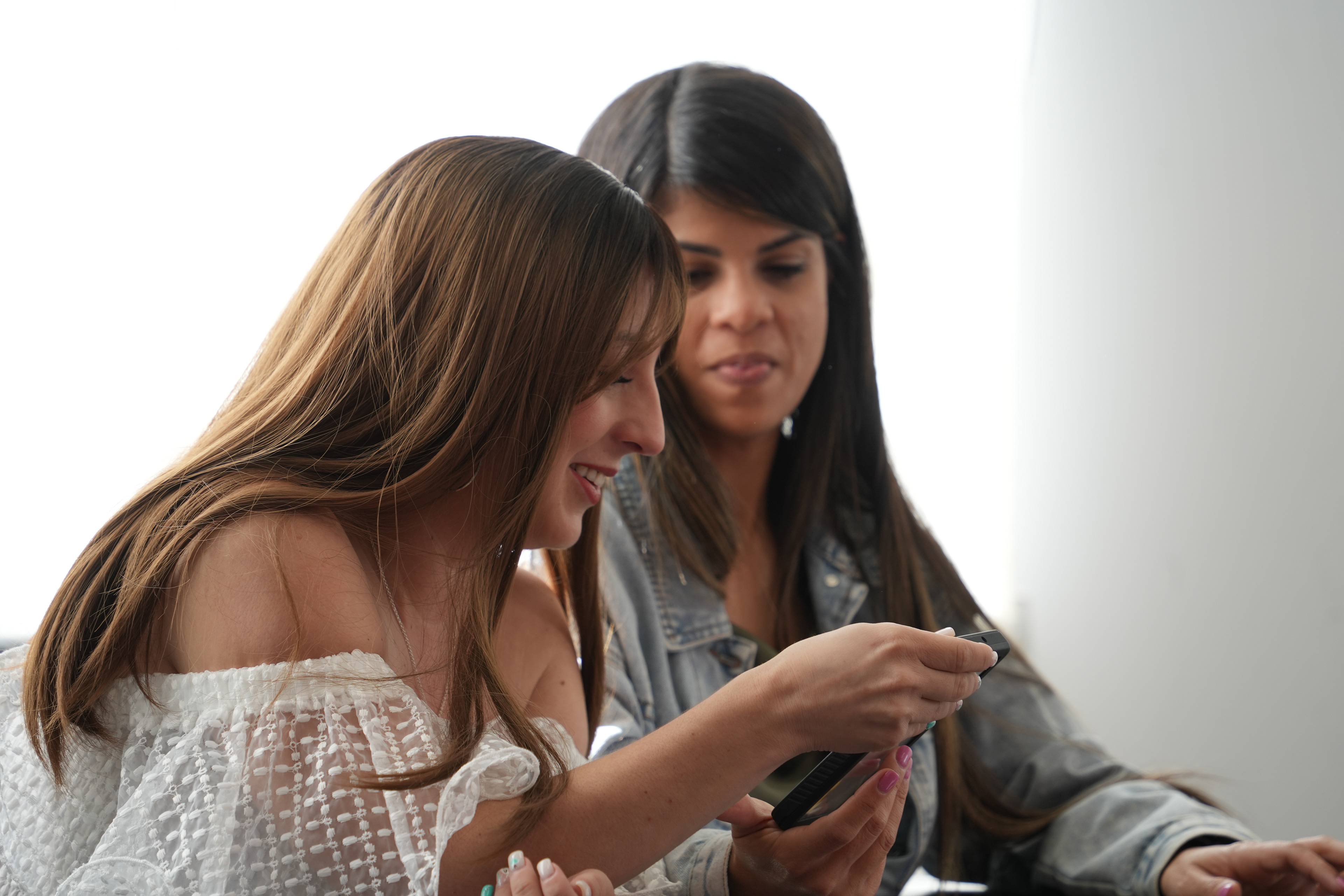
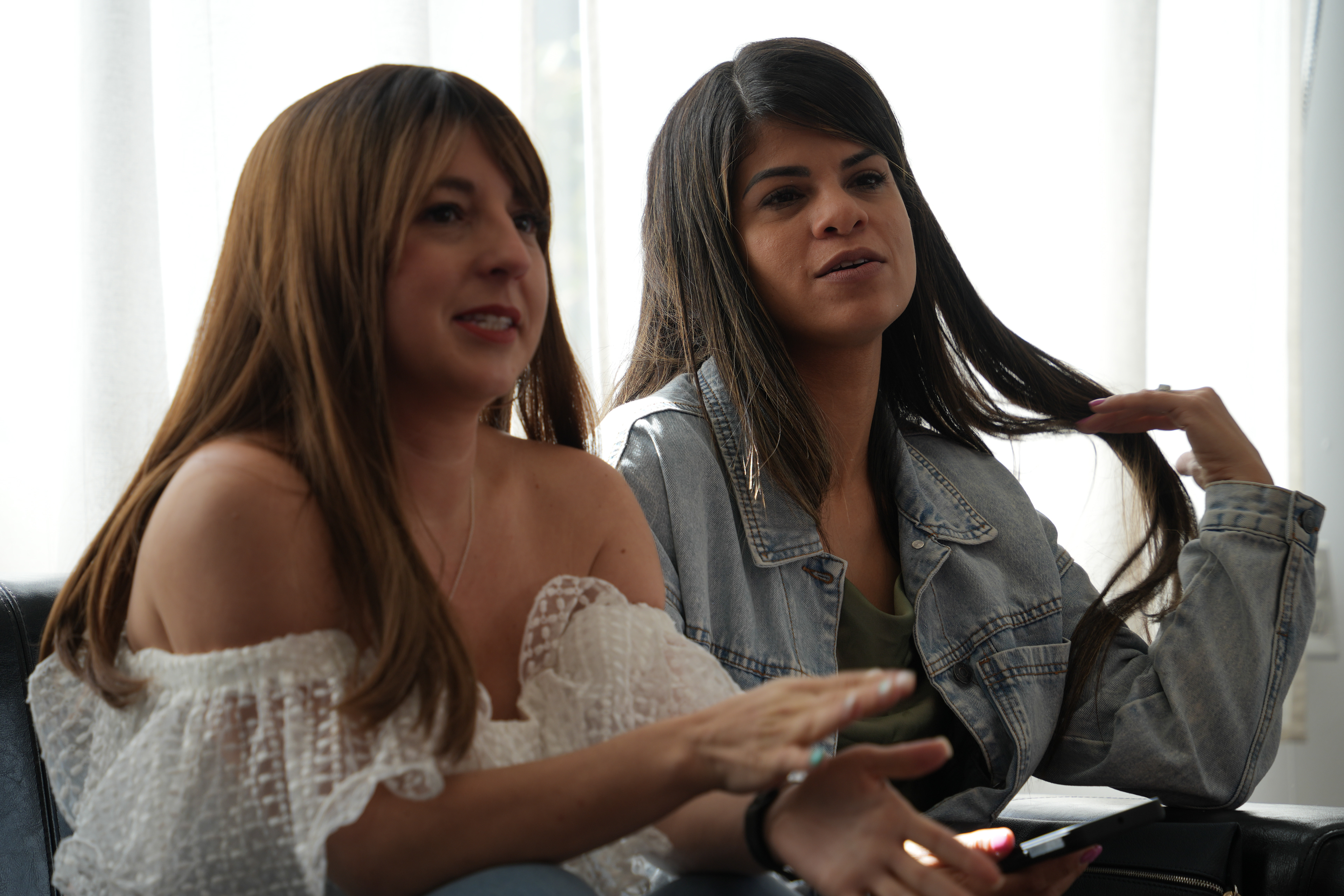
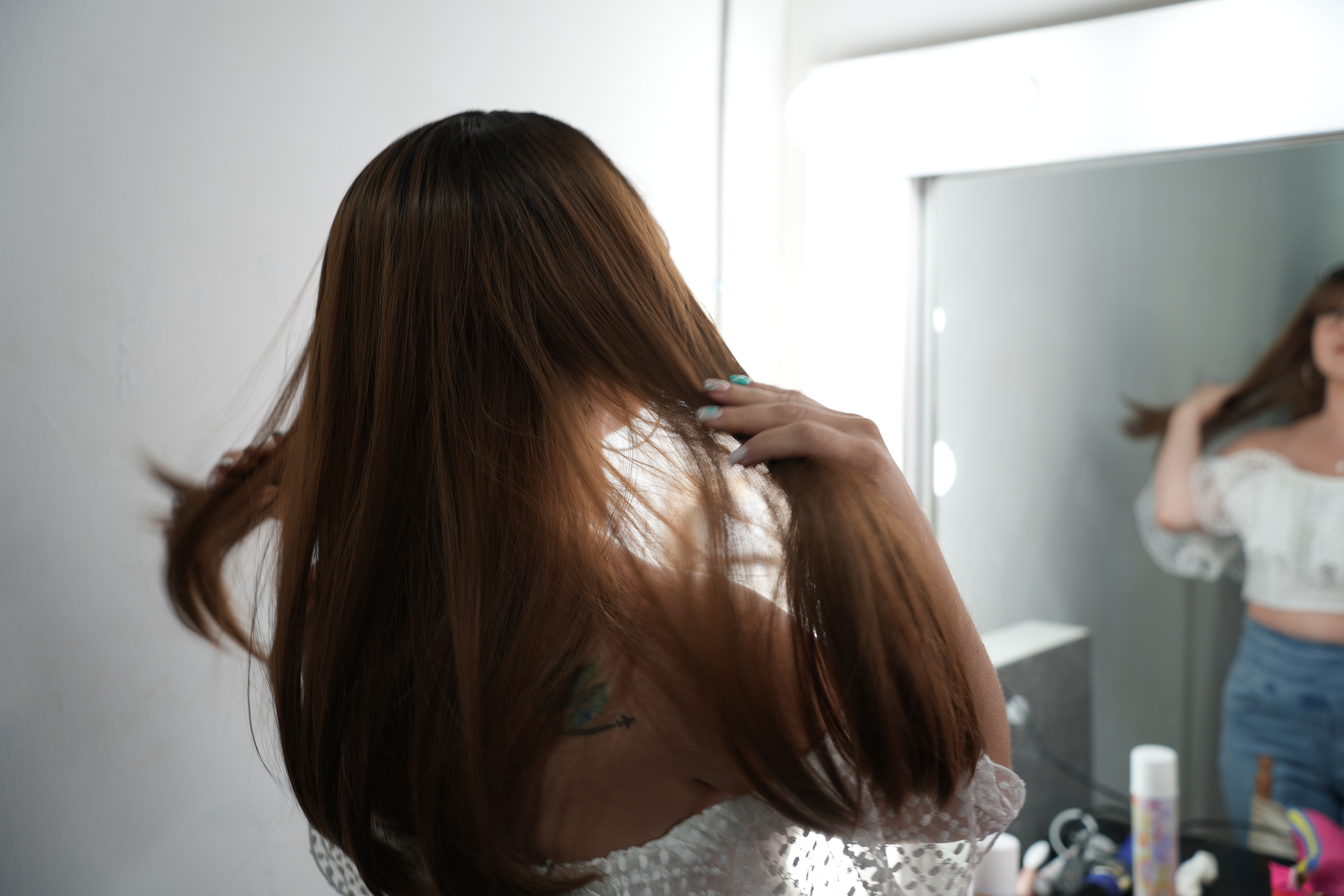
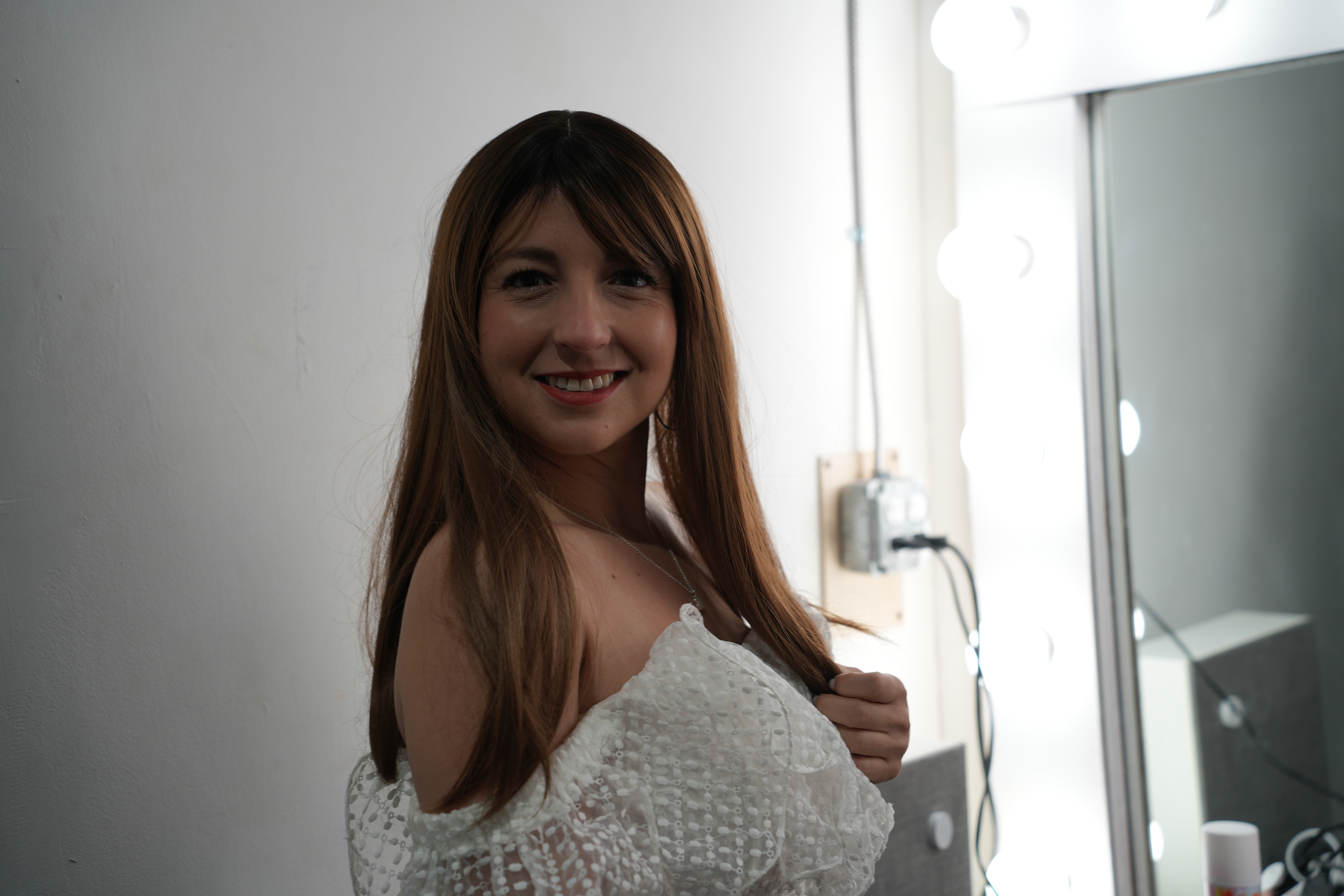
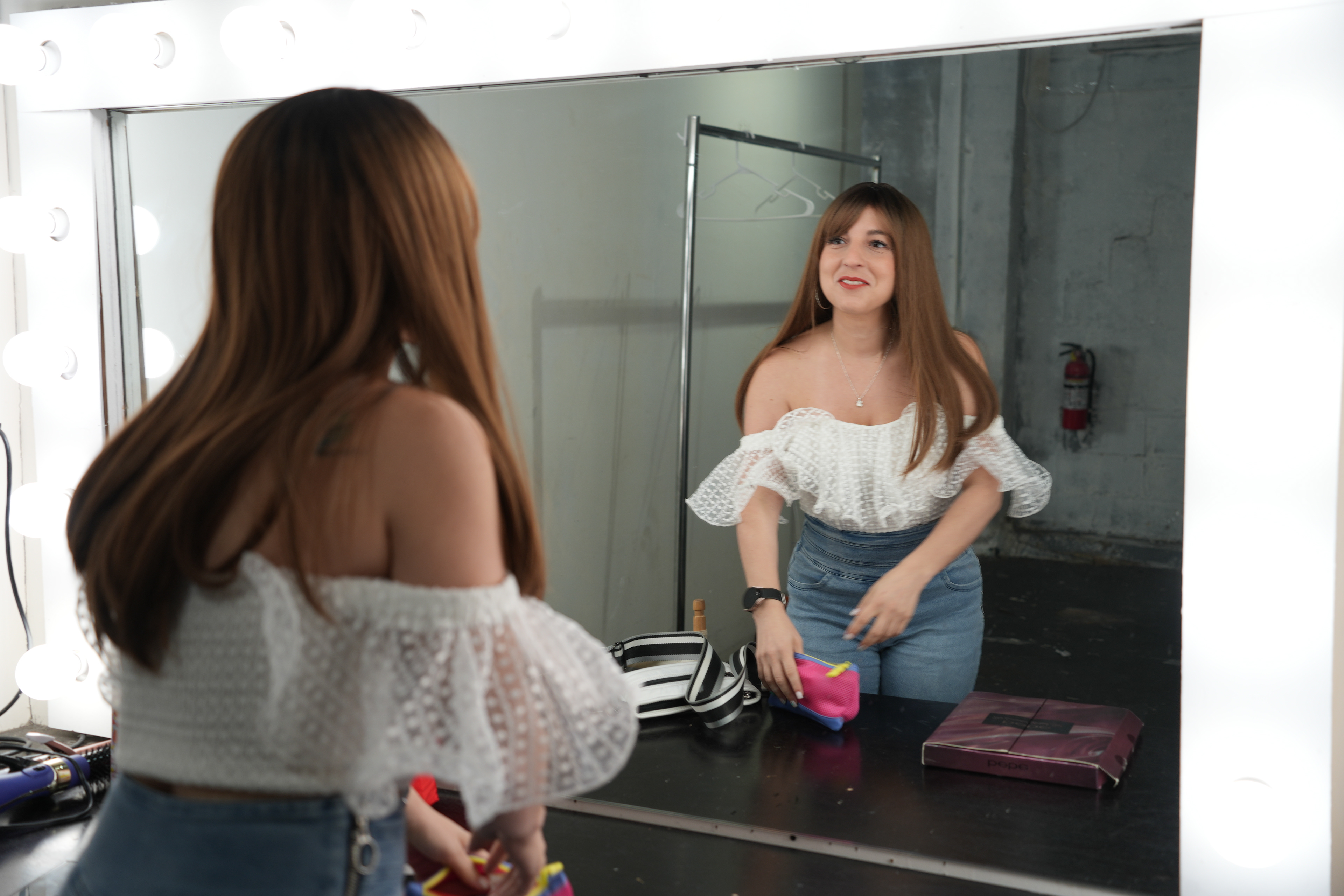
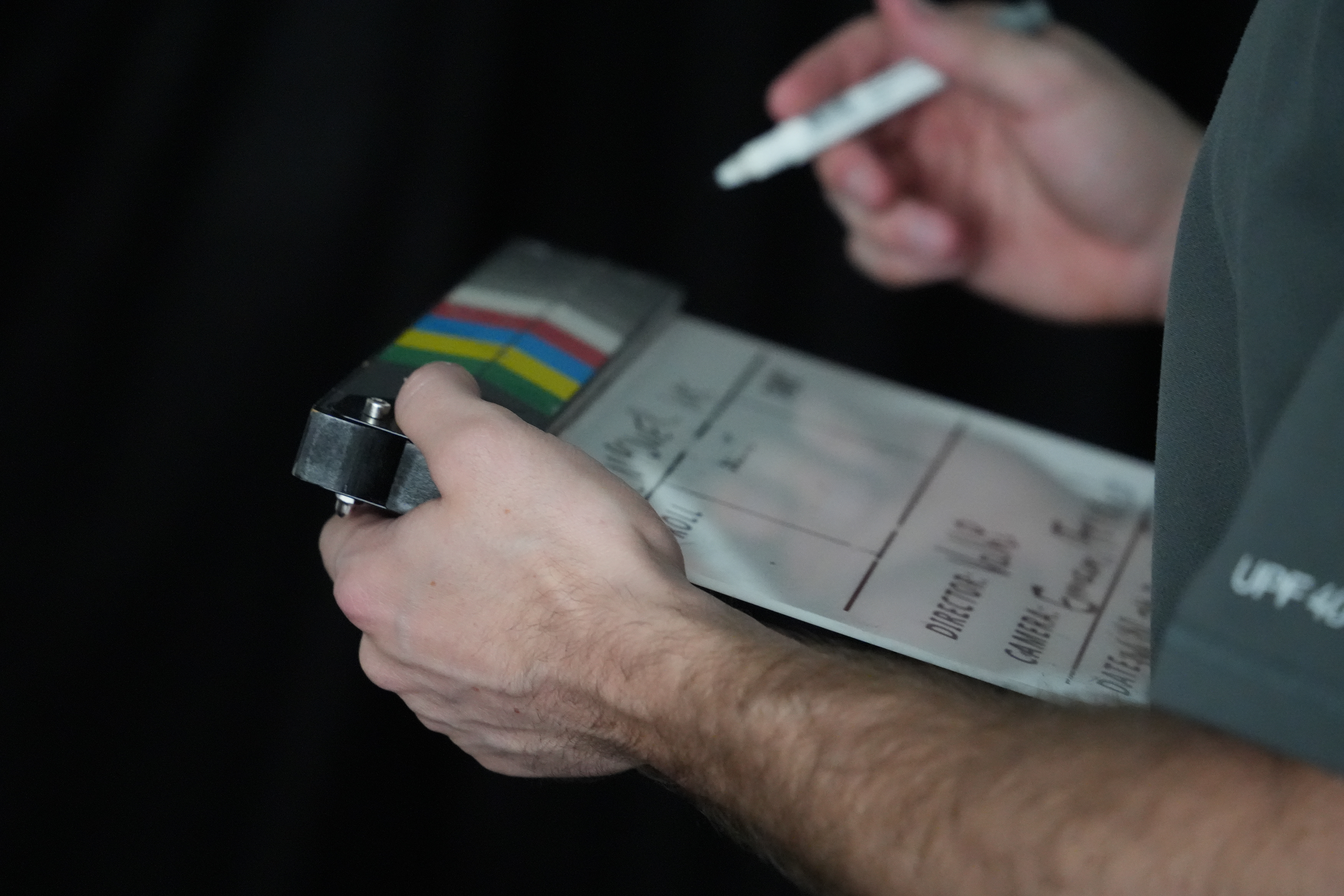
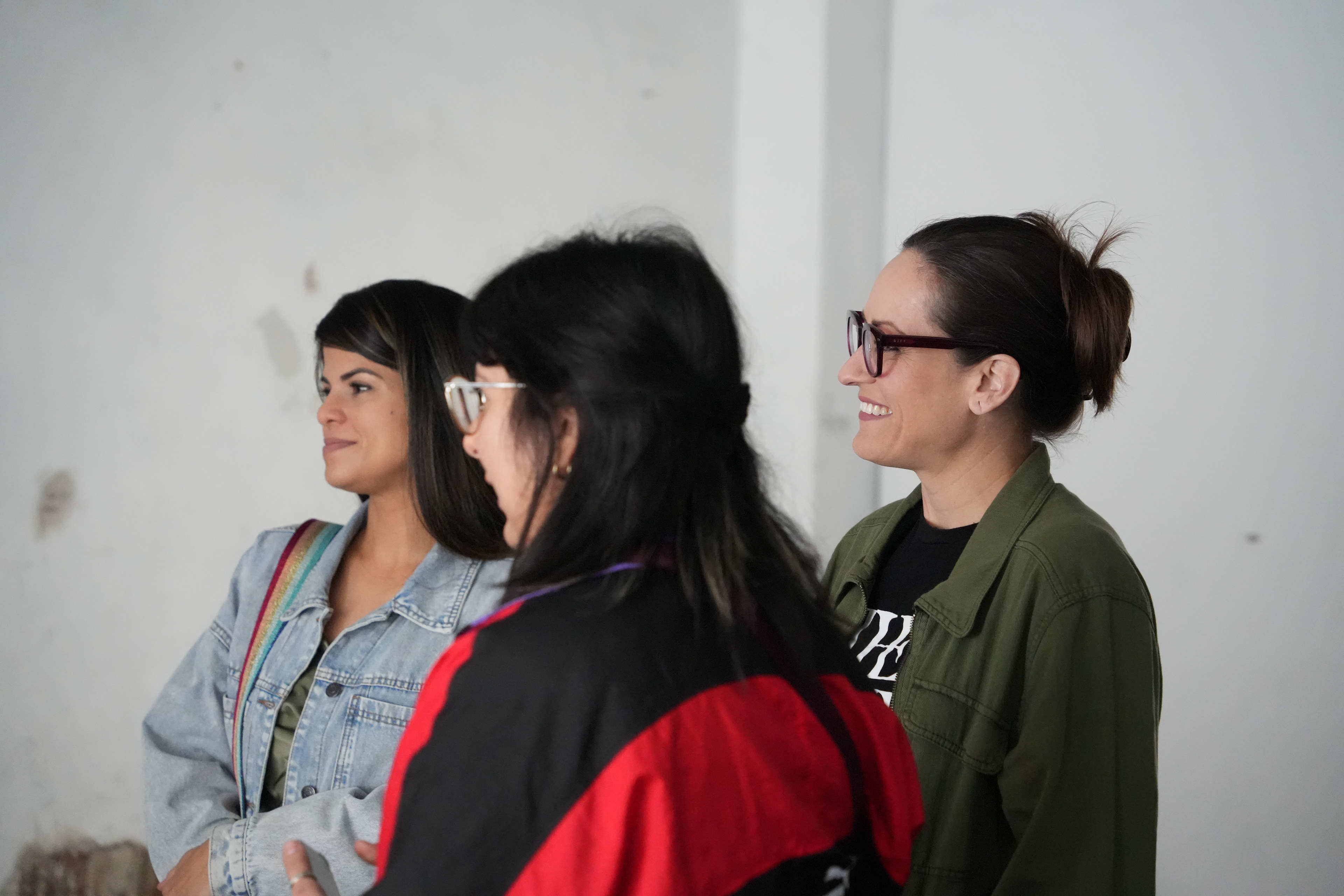
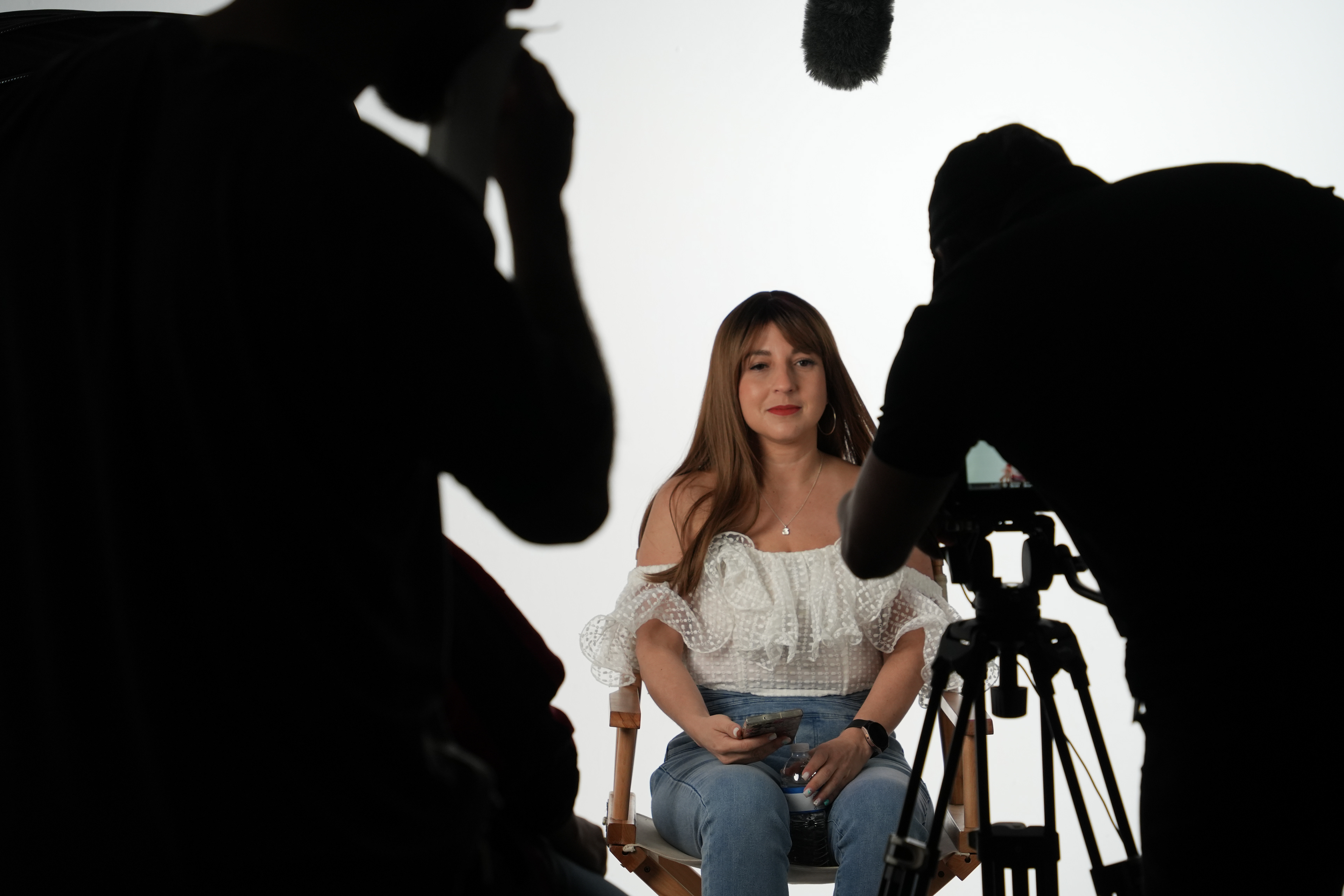

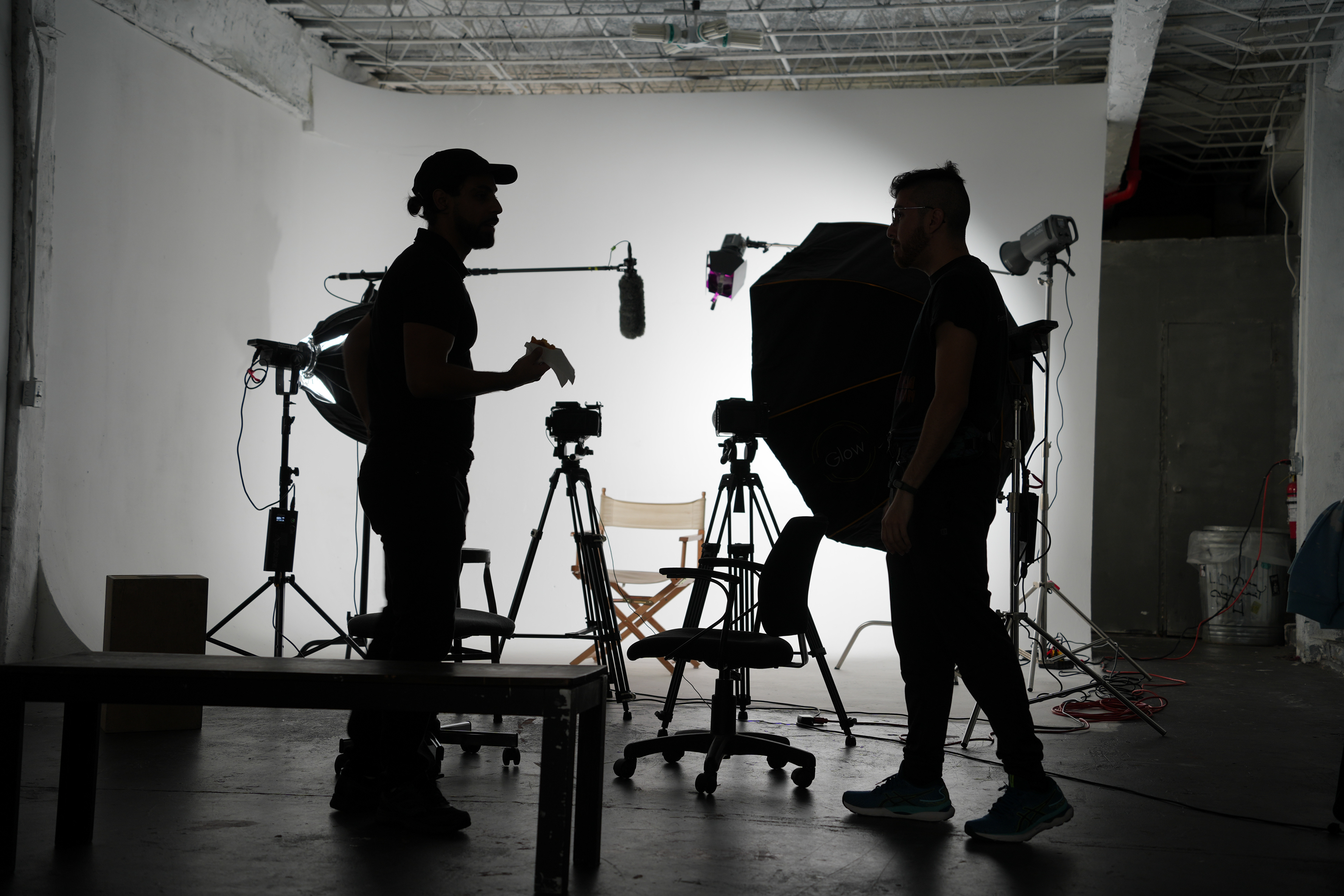
By ELY JA
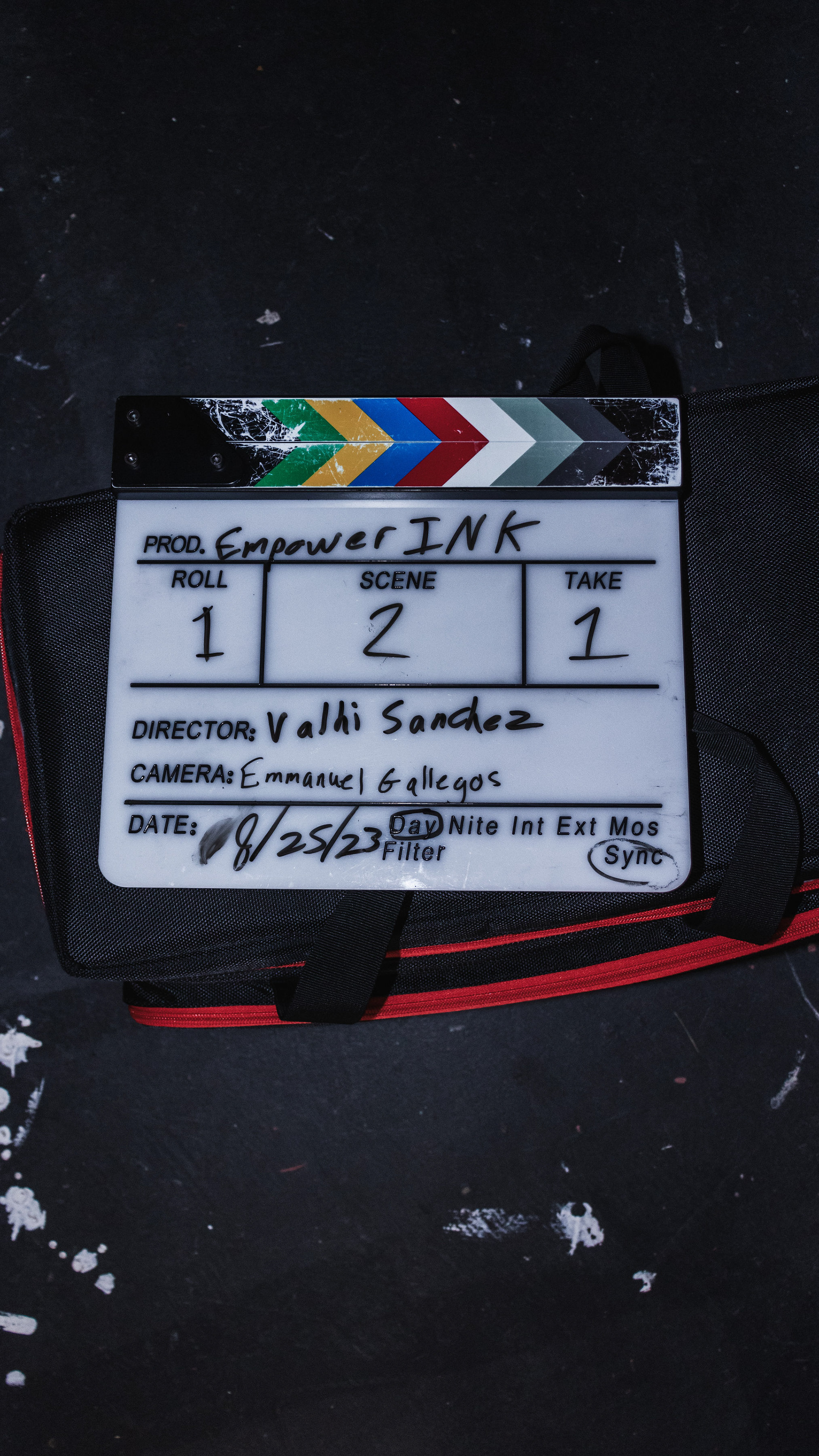
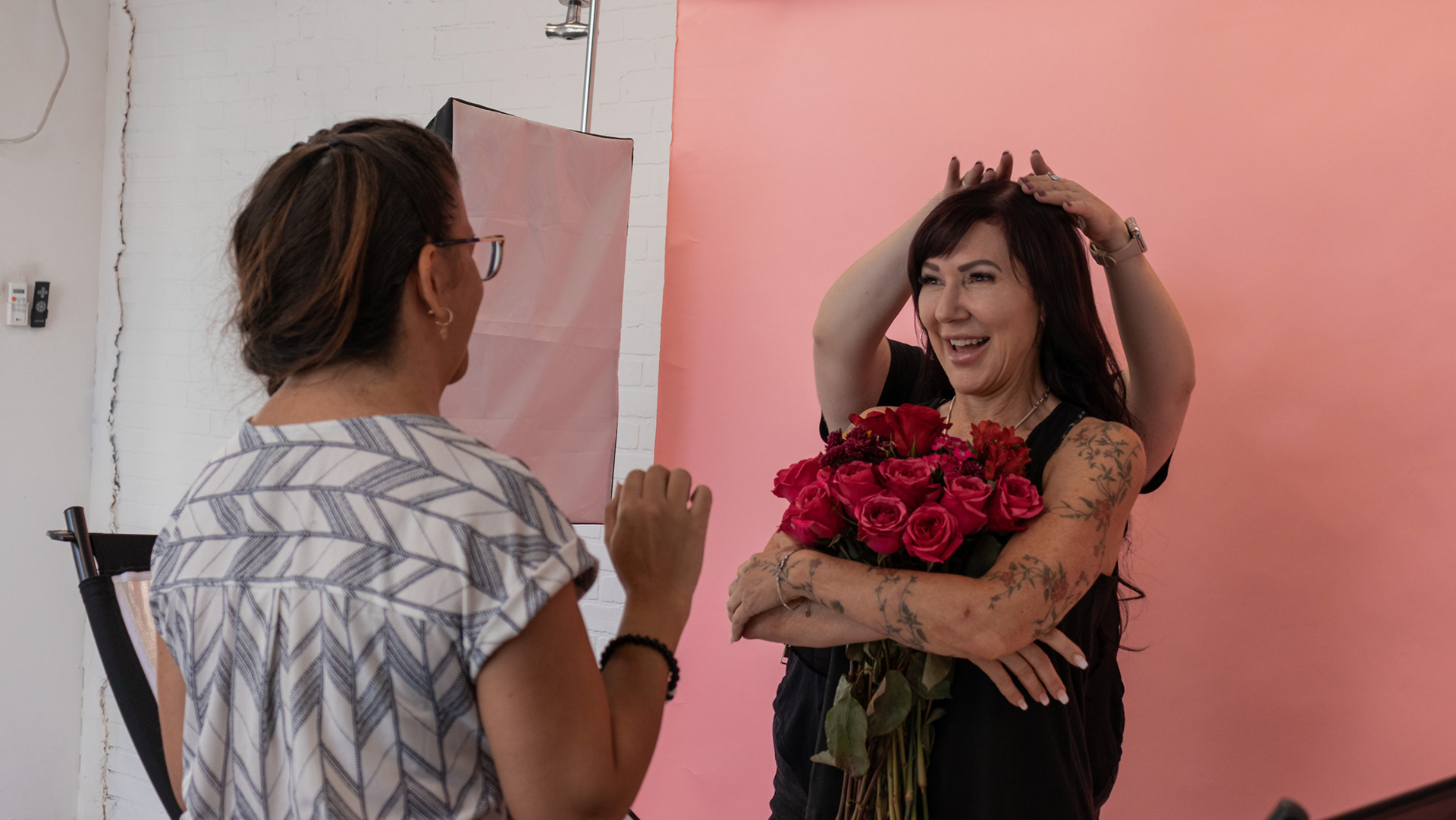
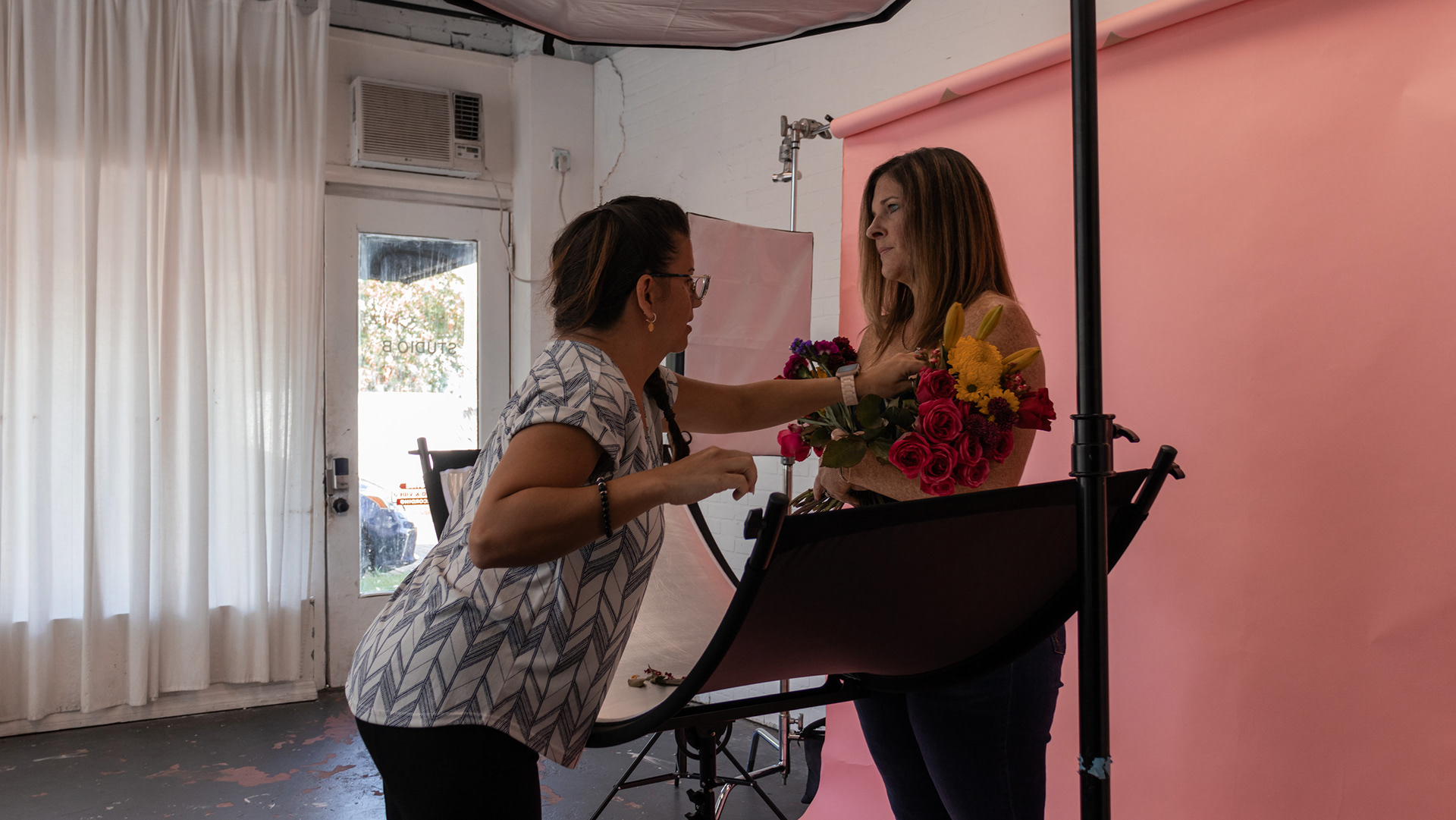
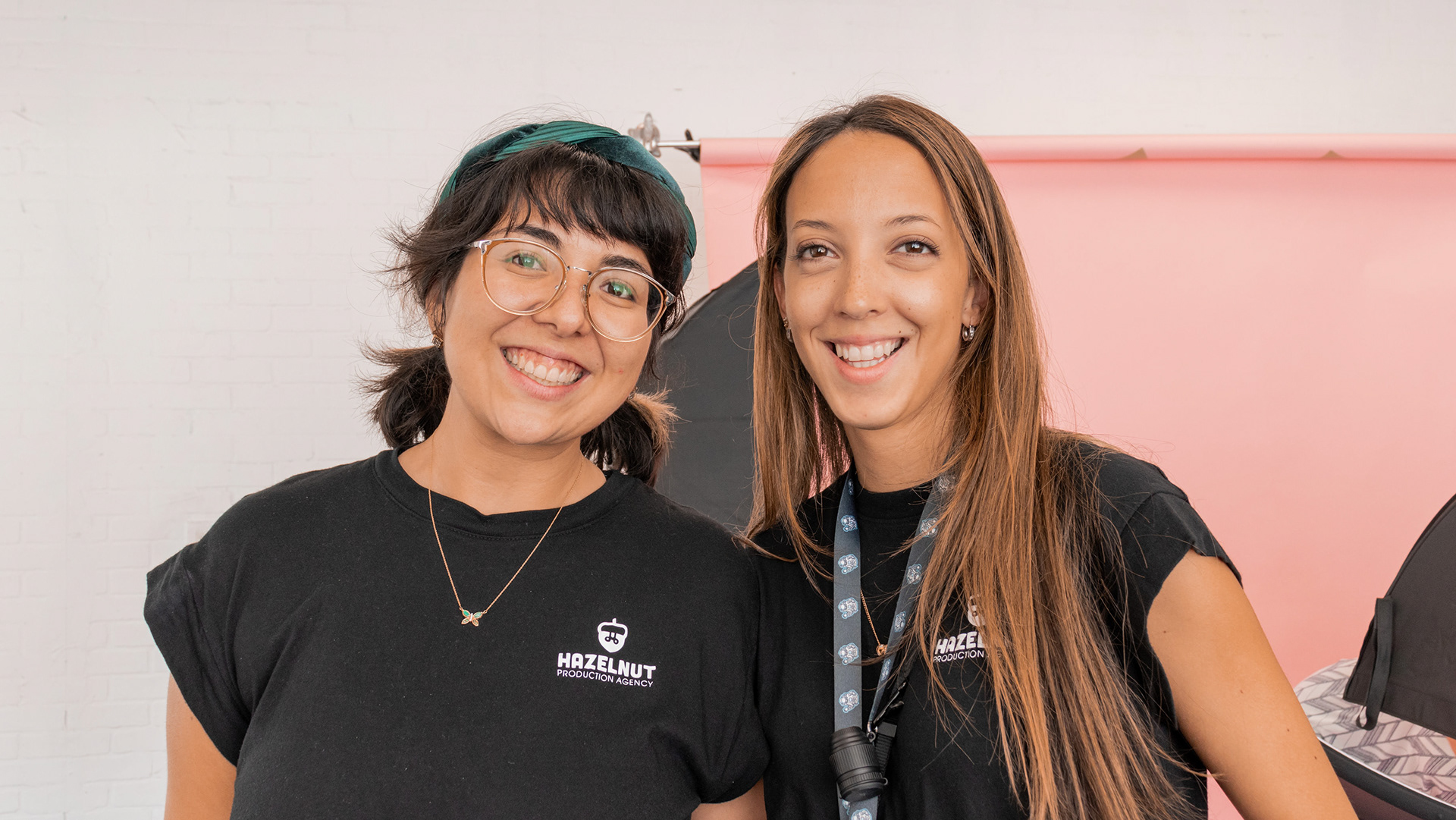
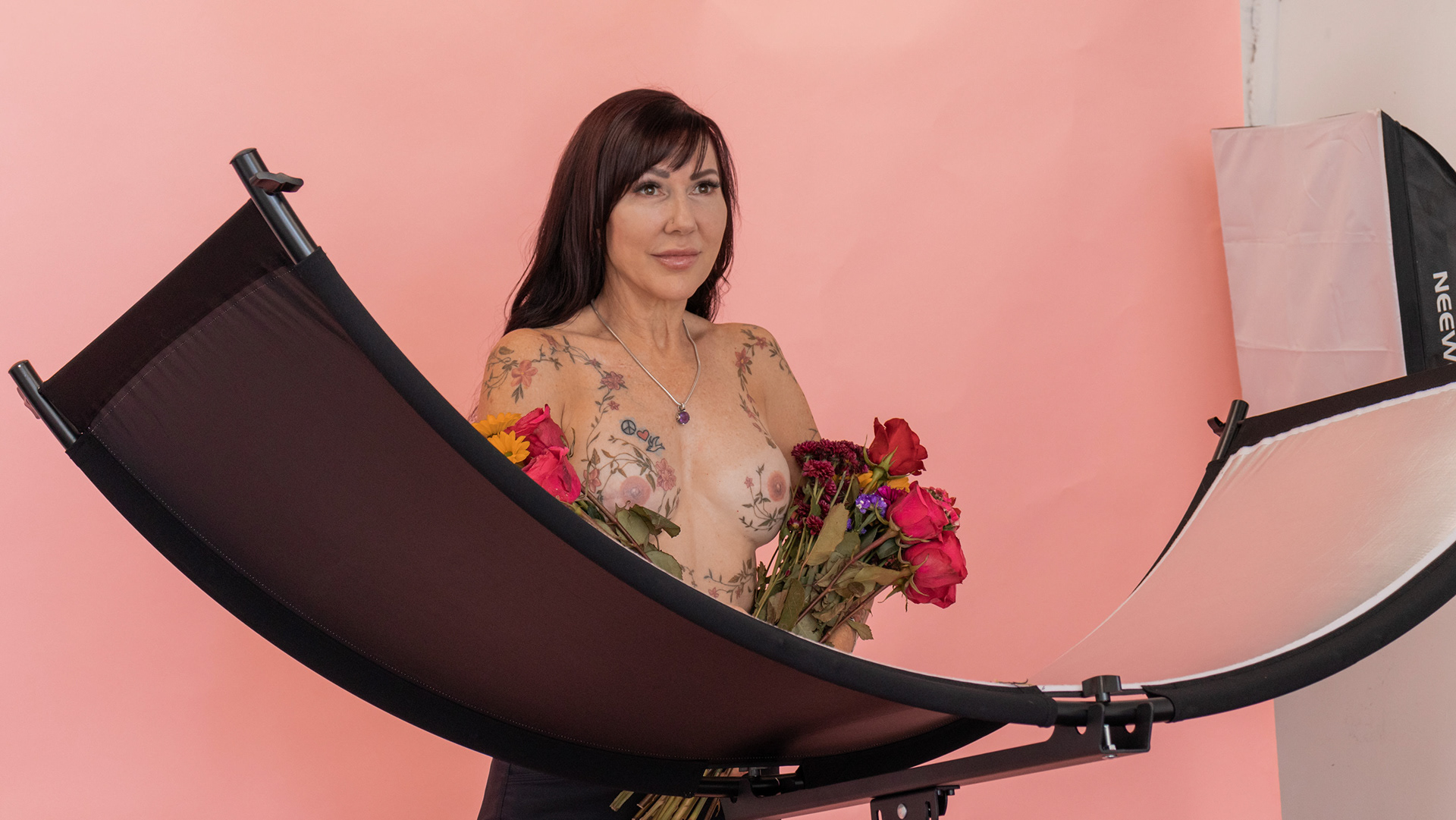
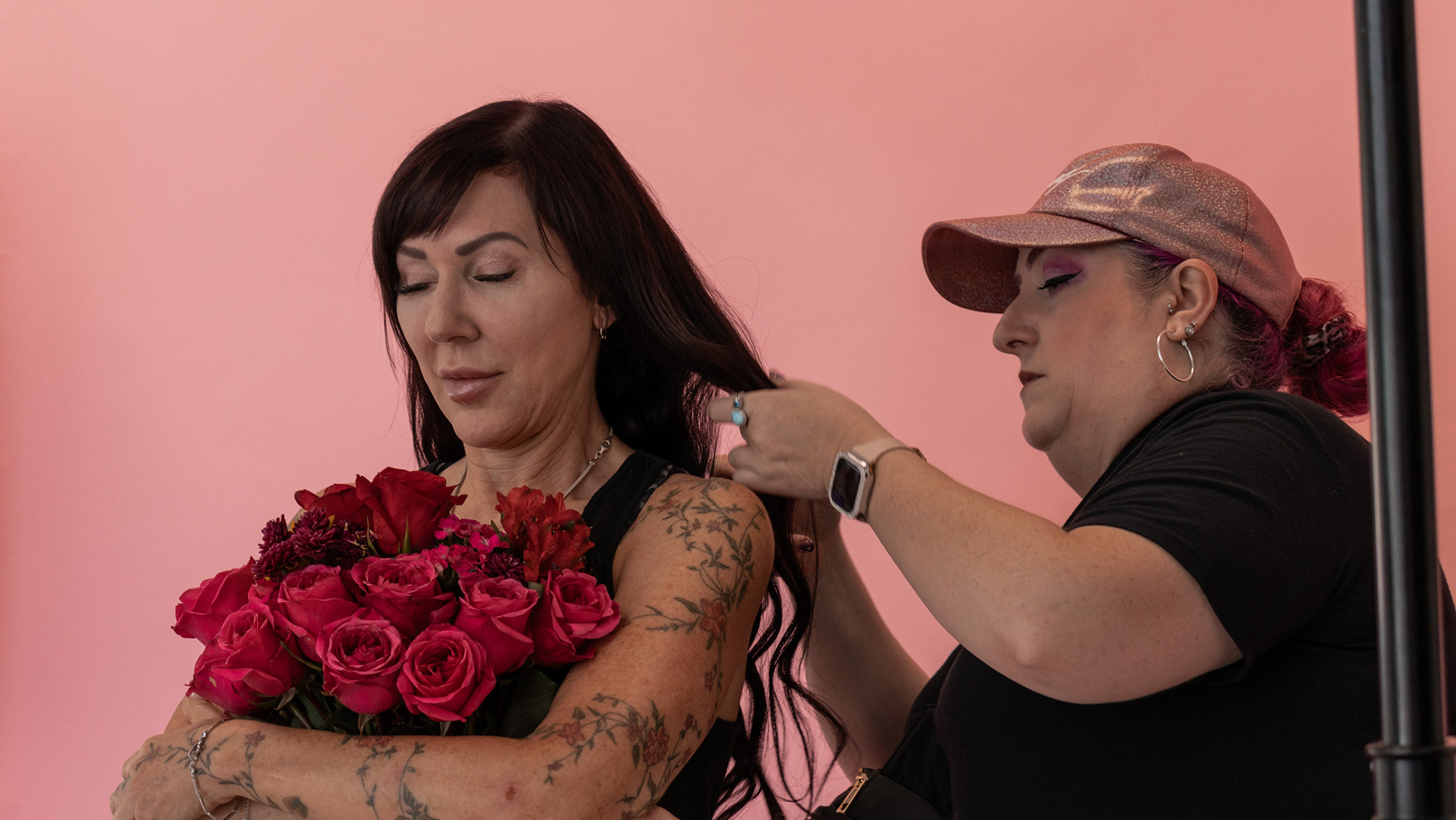
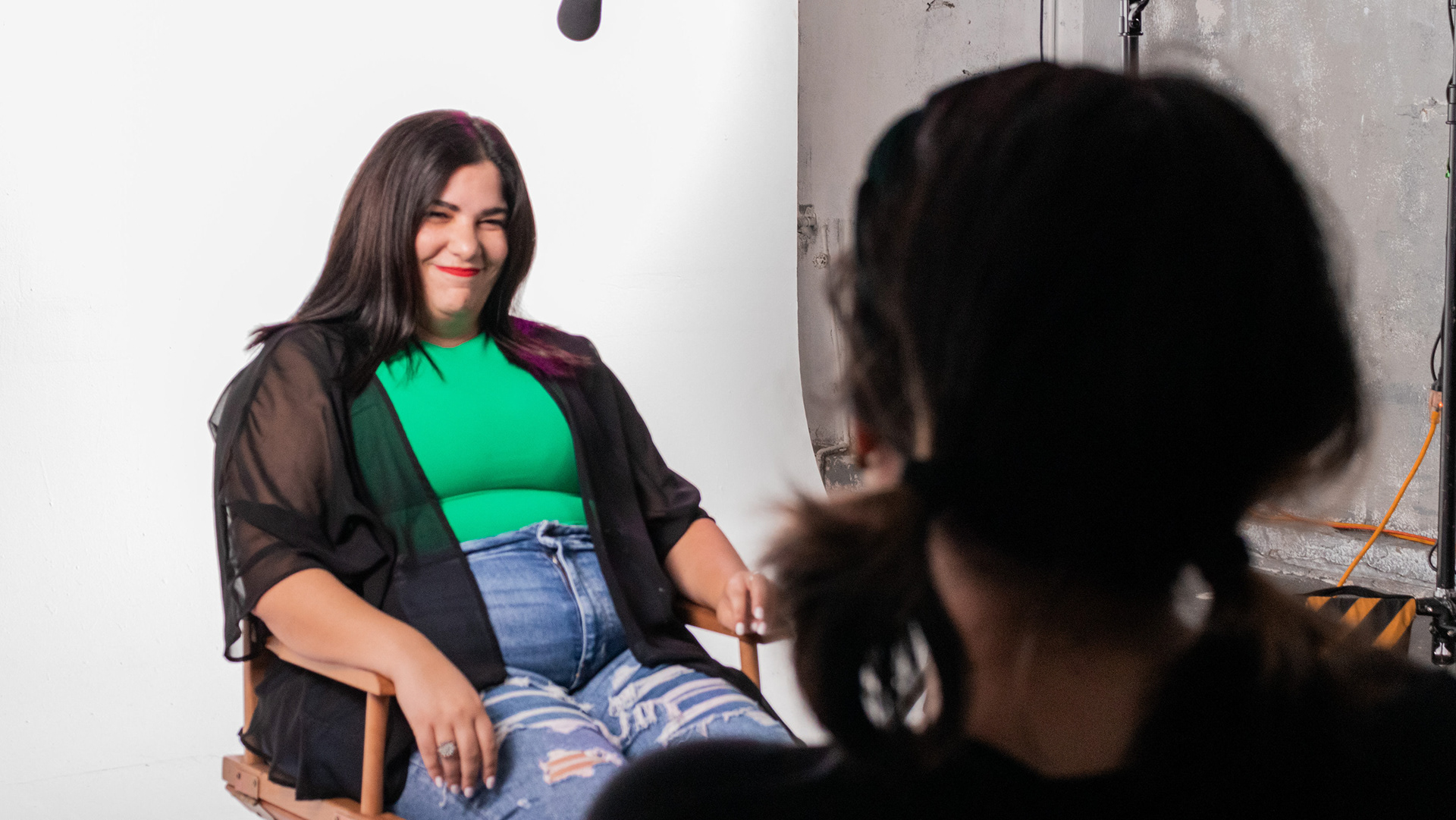
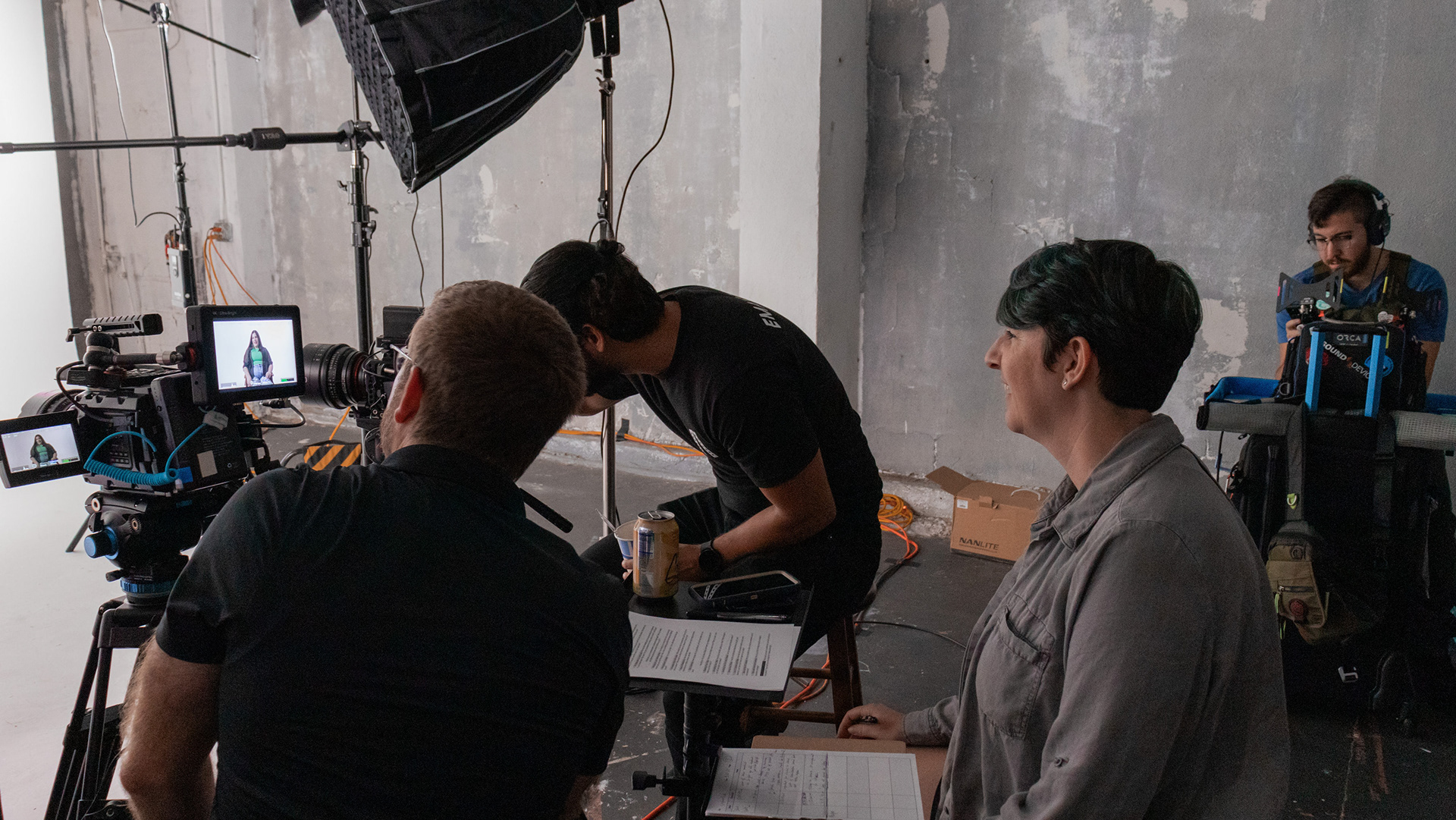
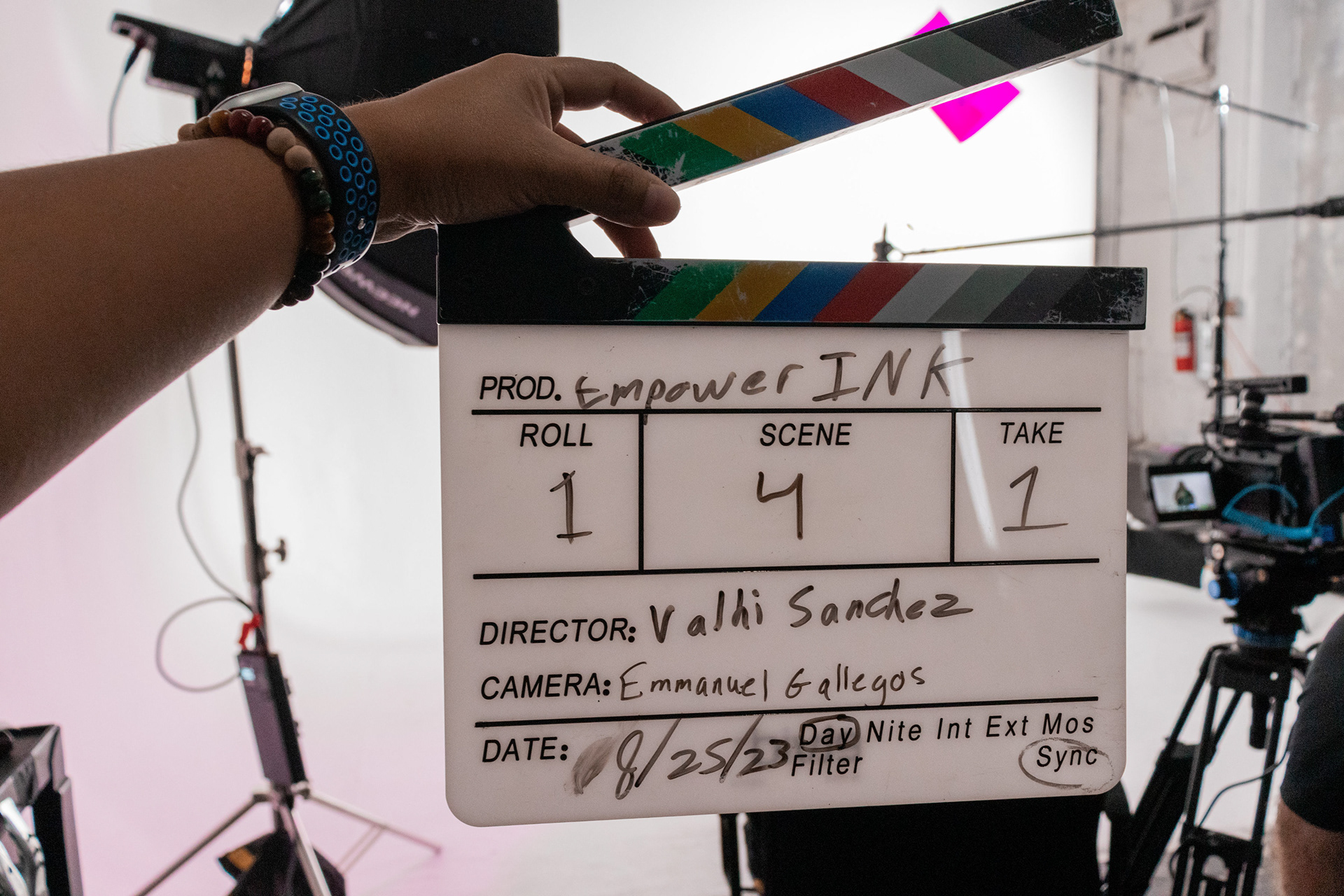
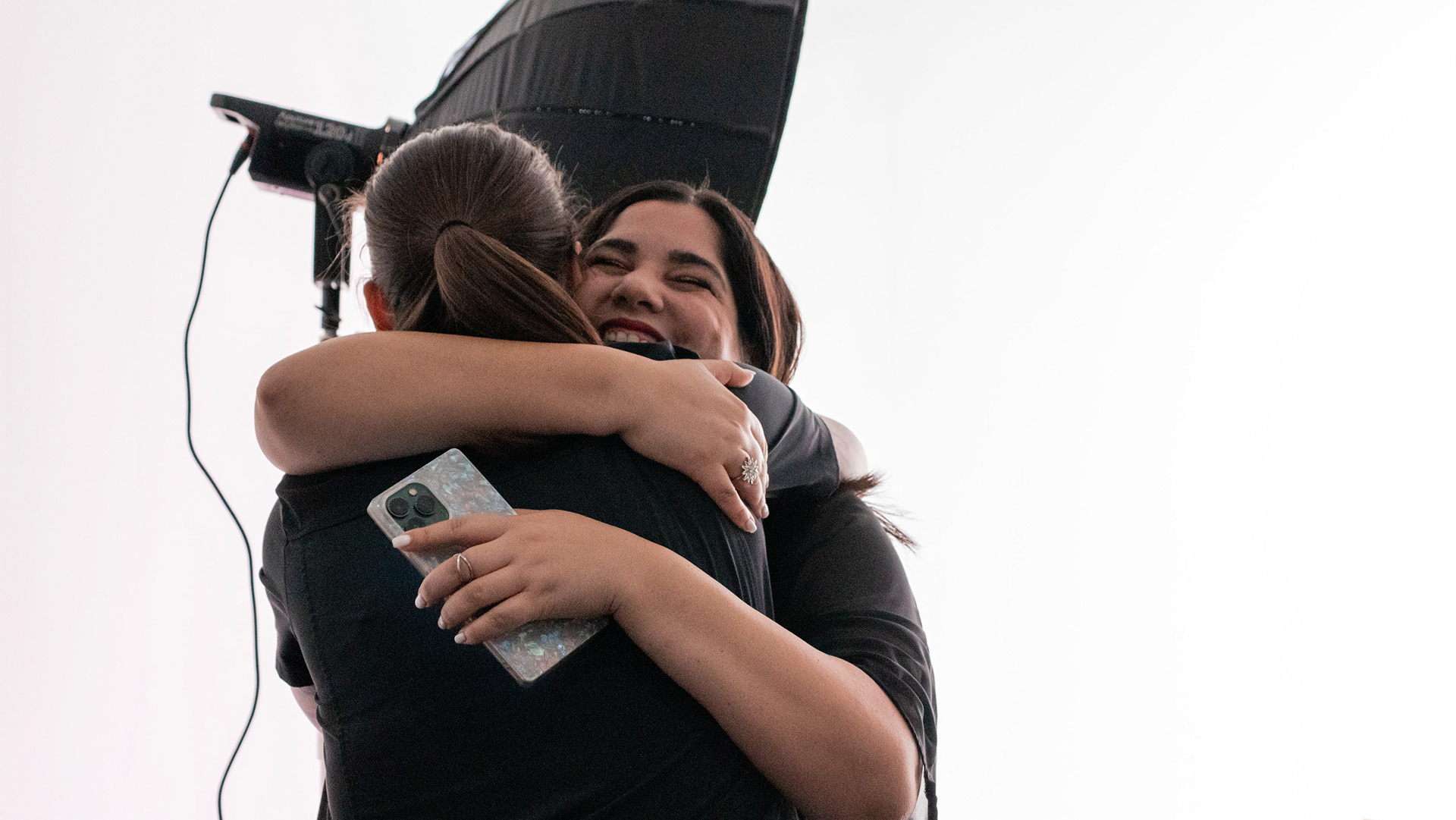
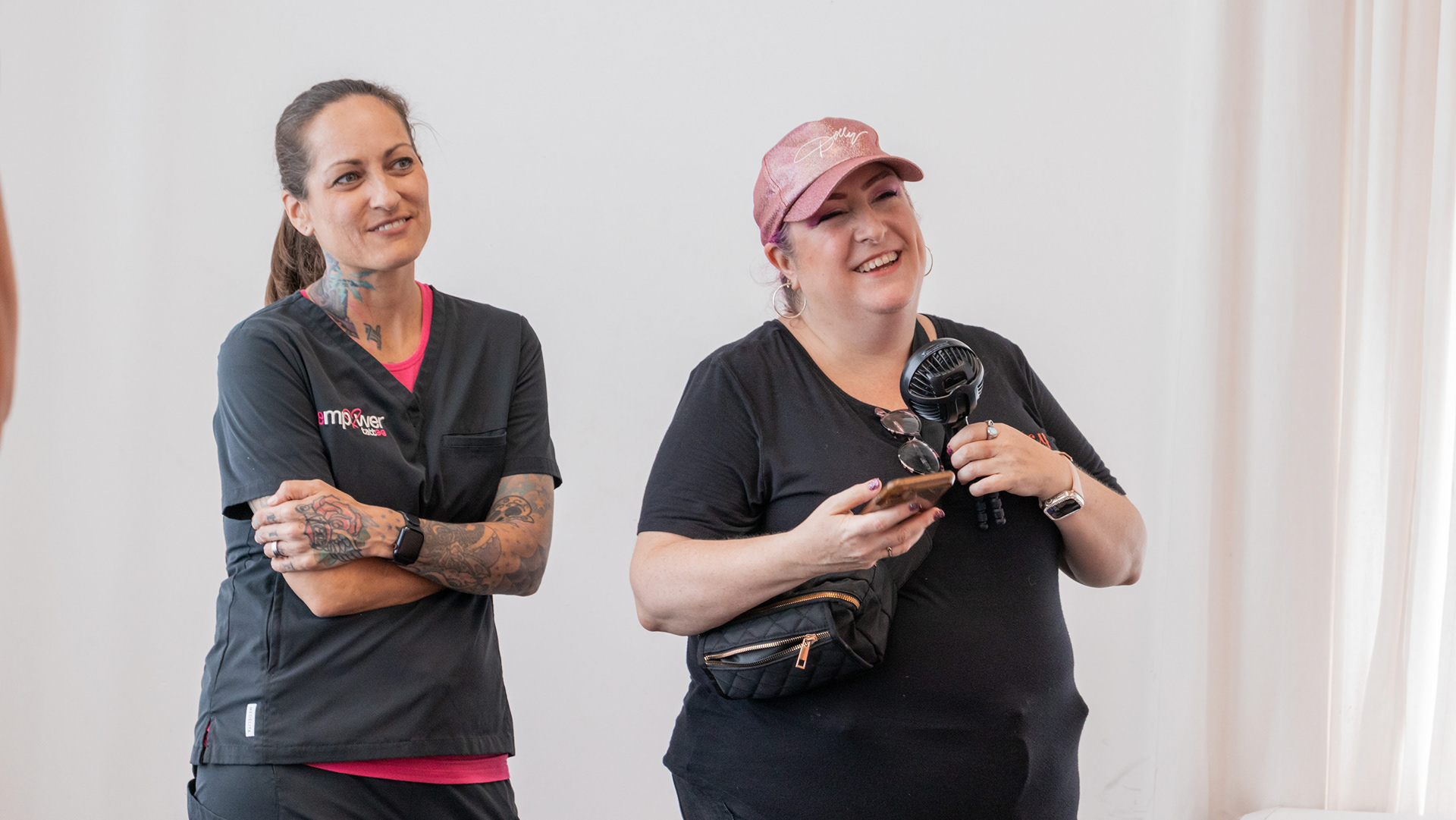
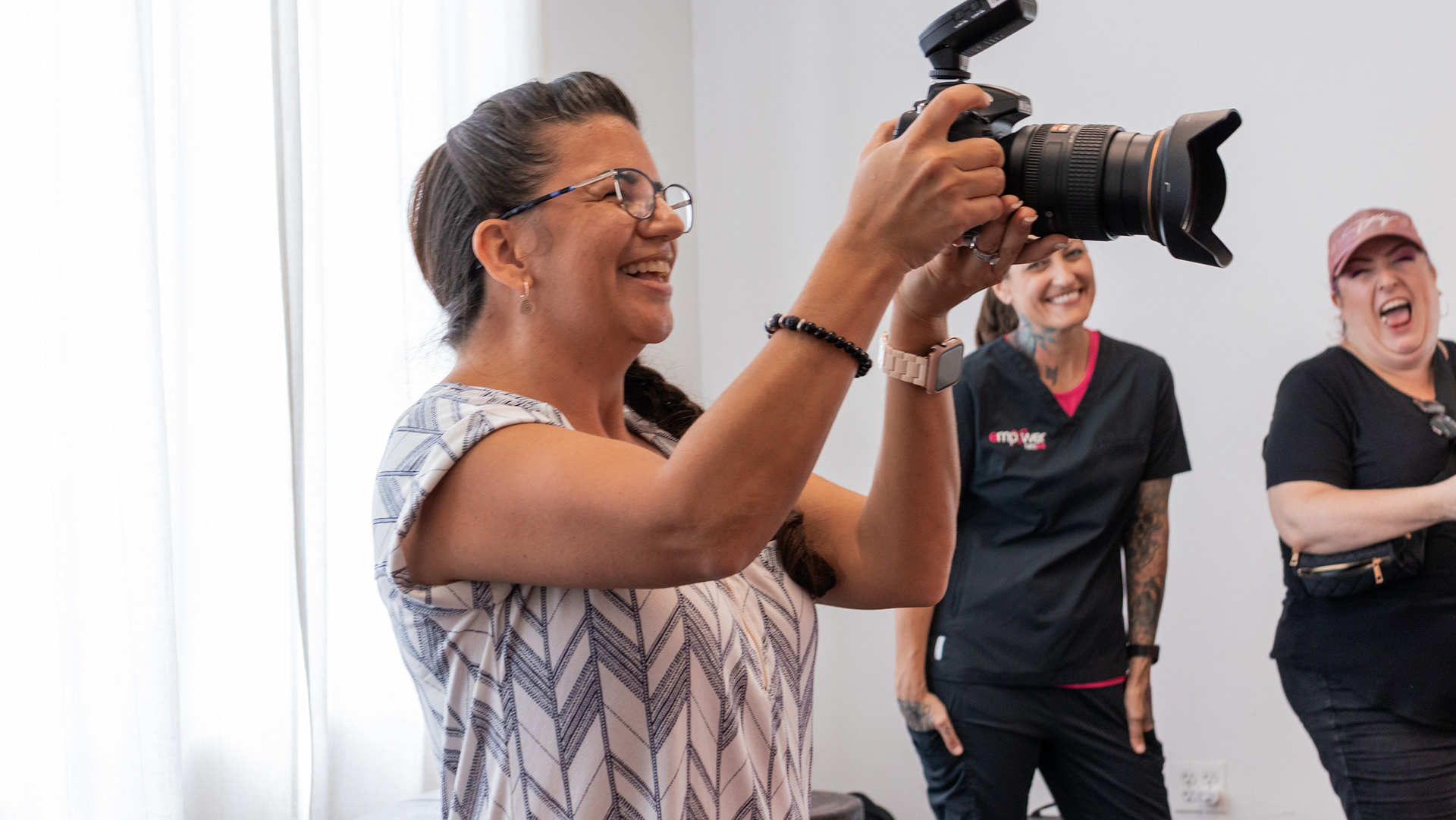

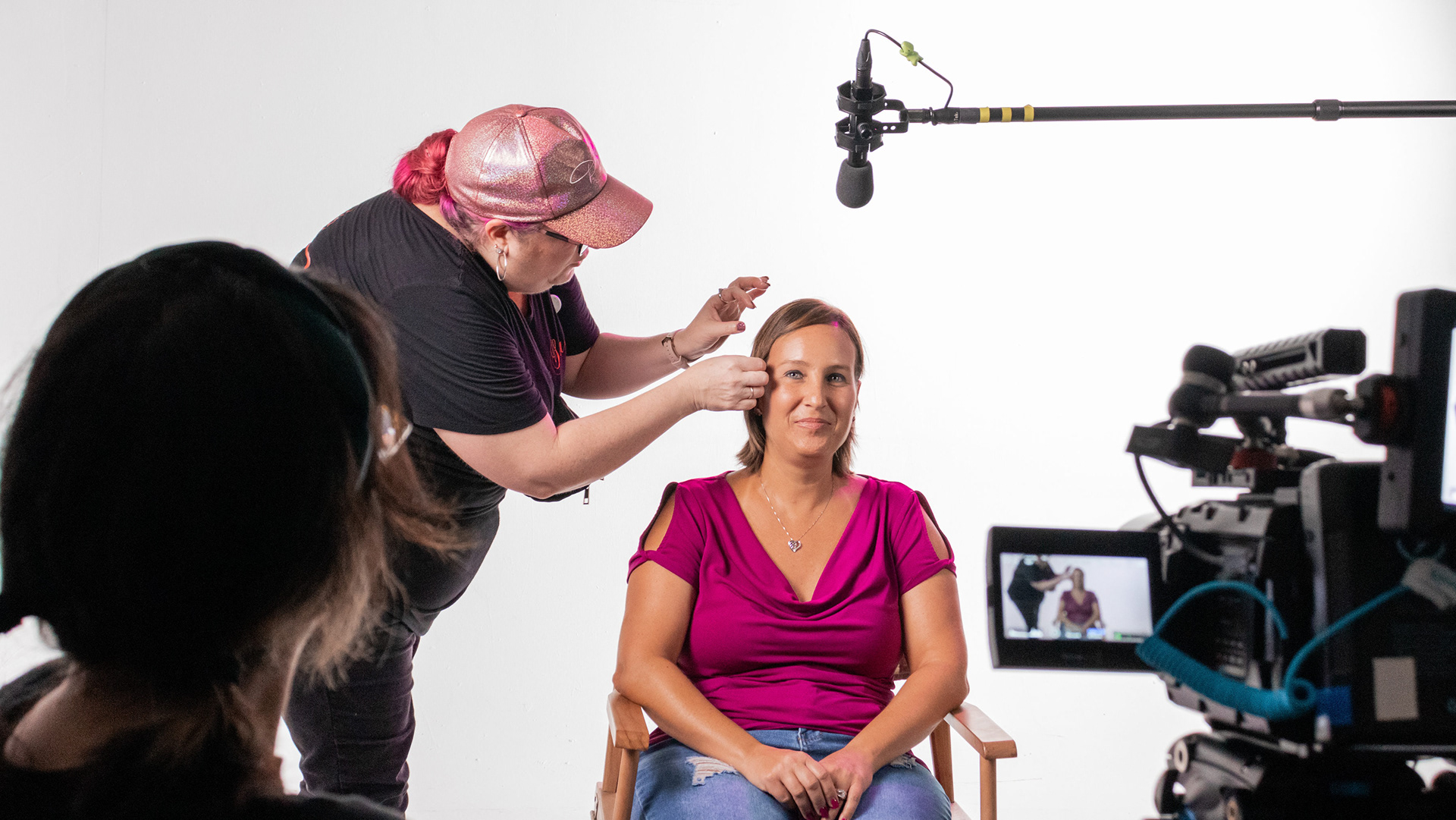
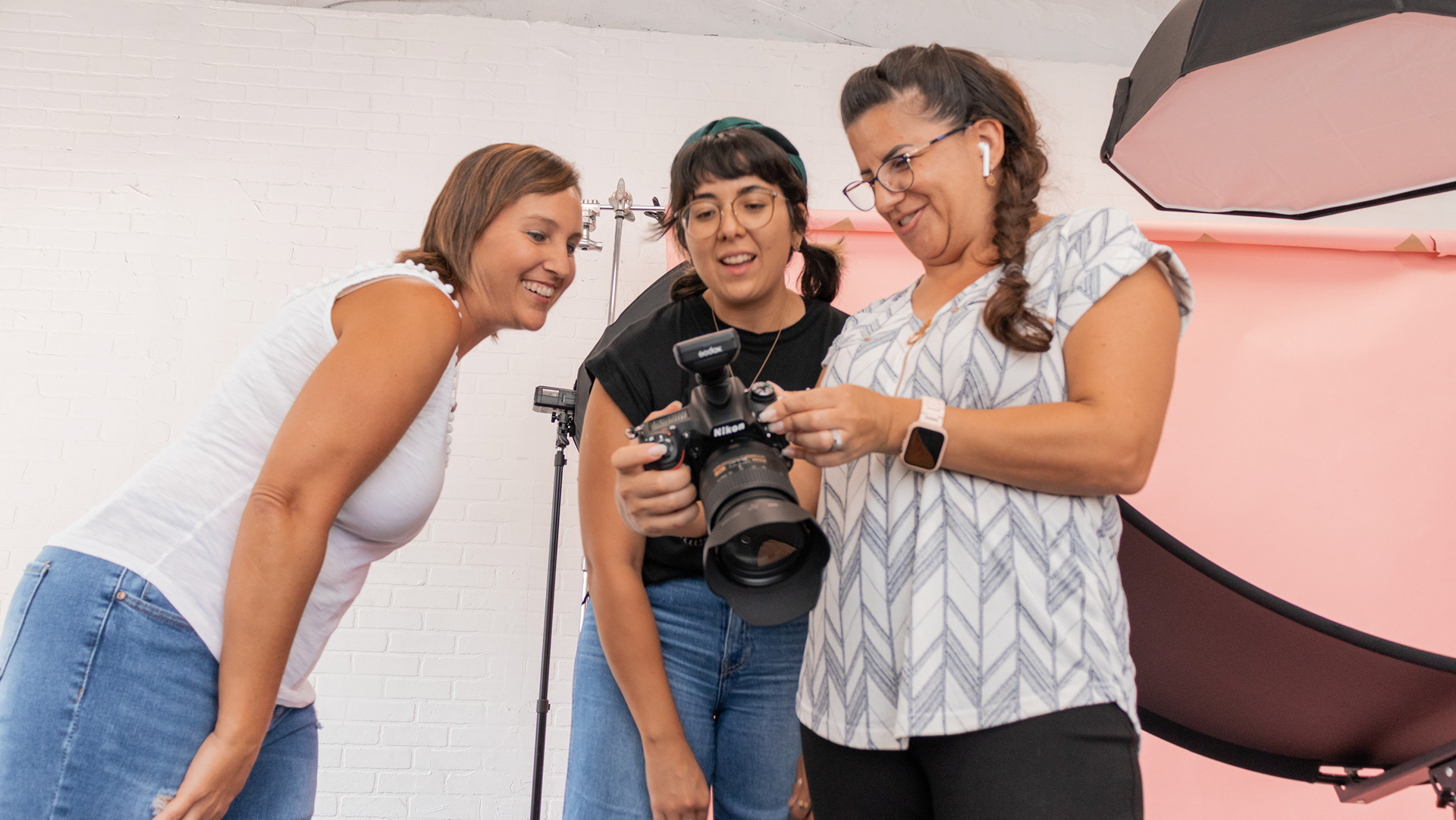
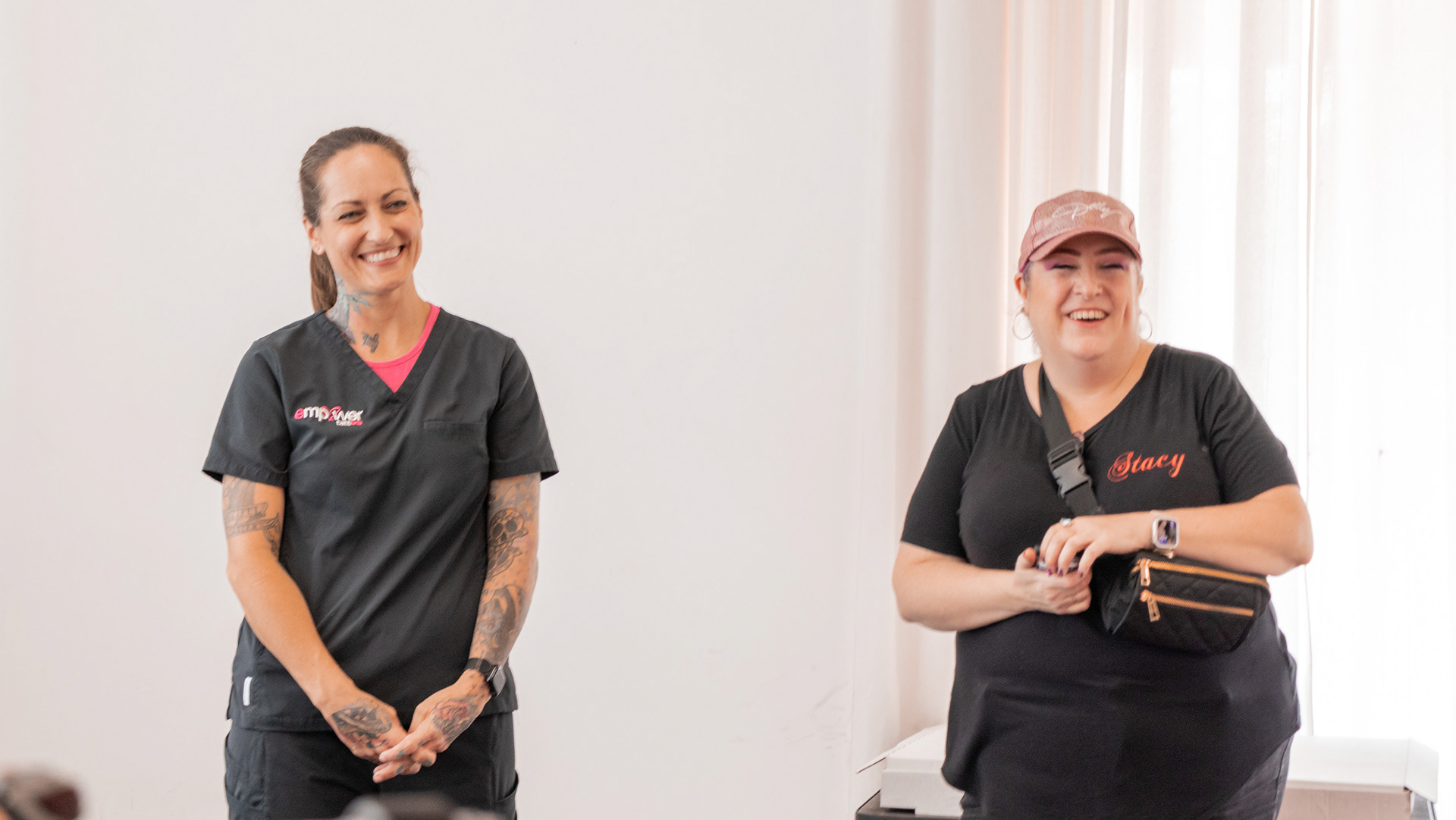
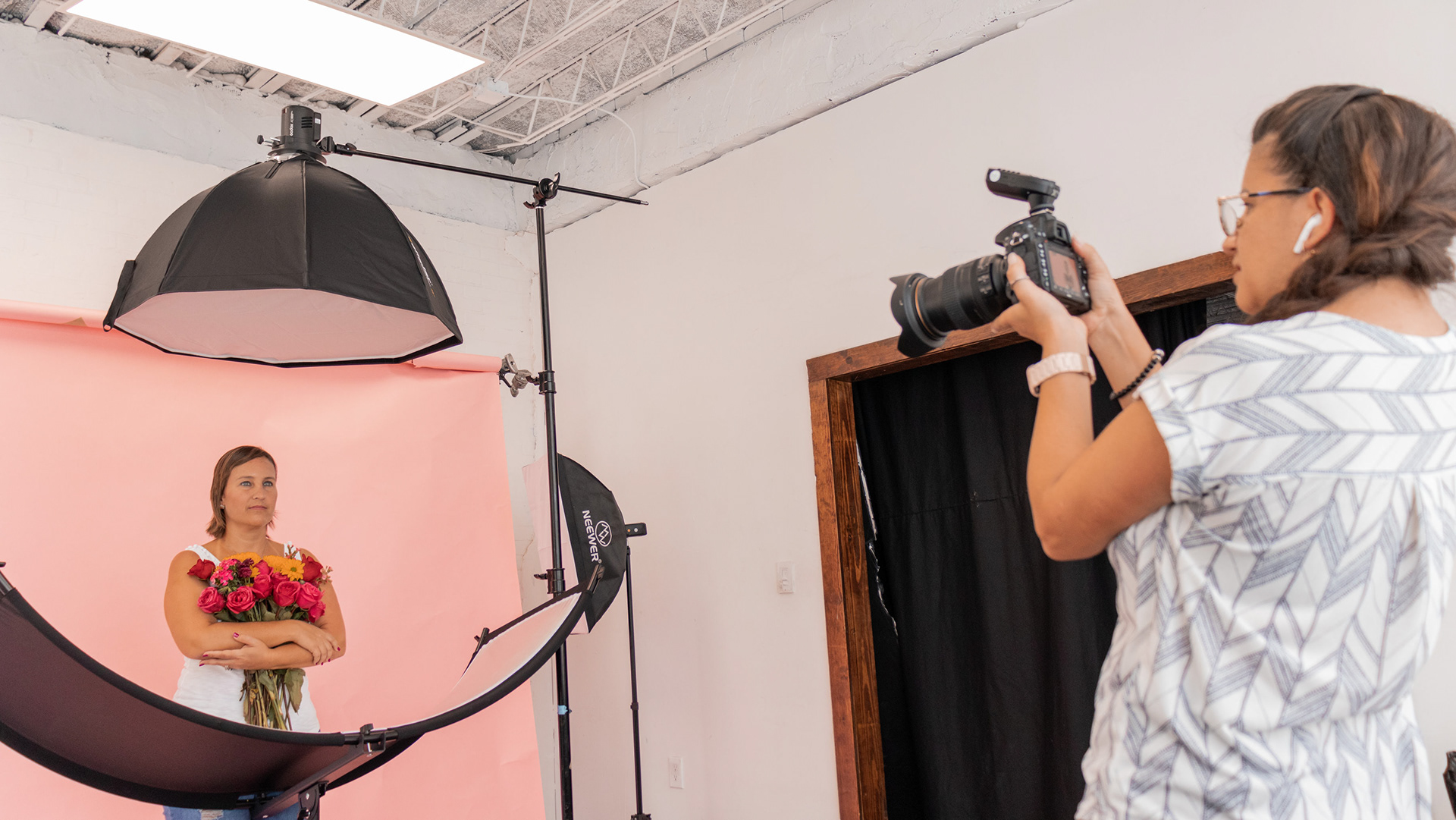
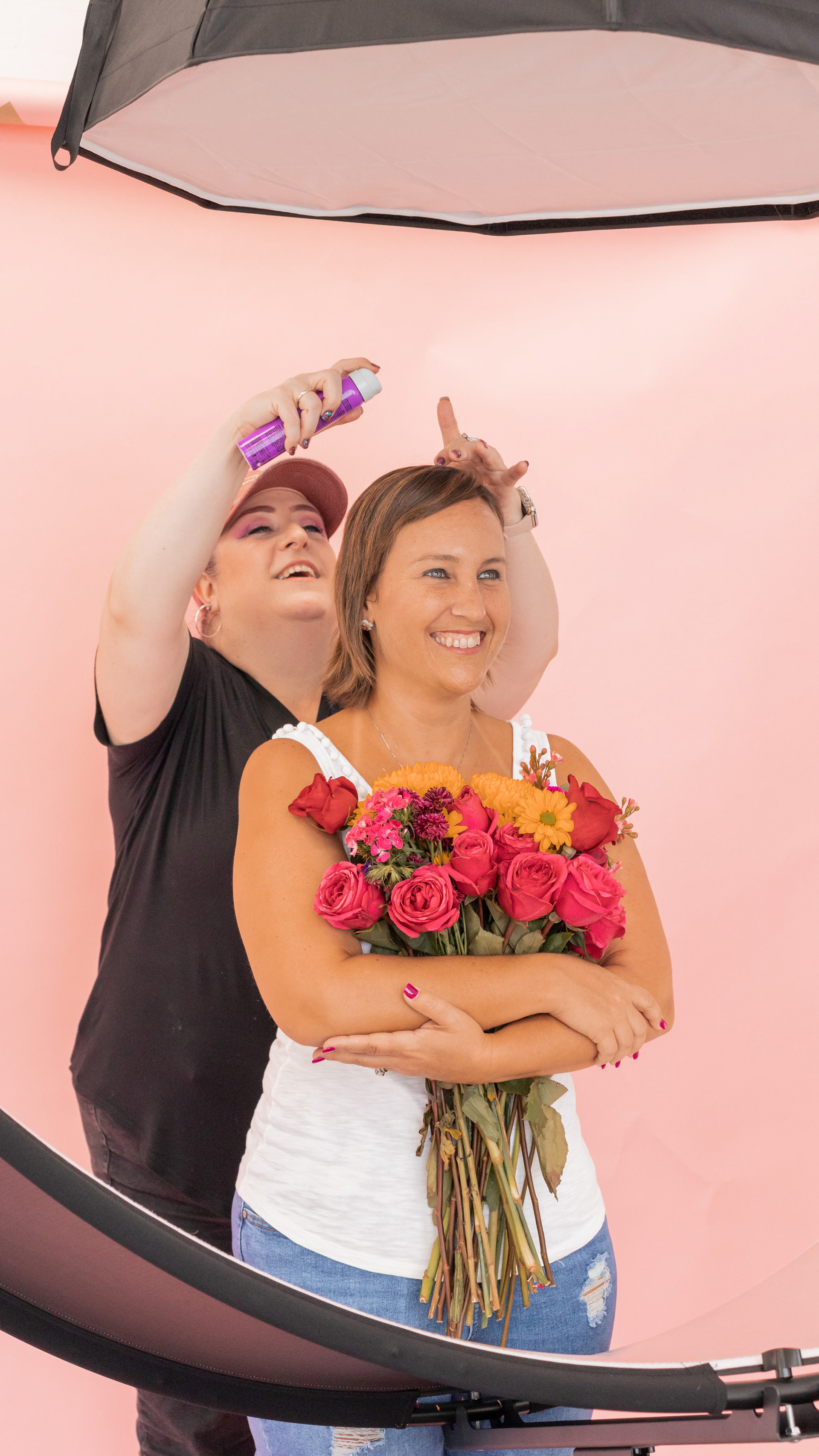
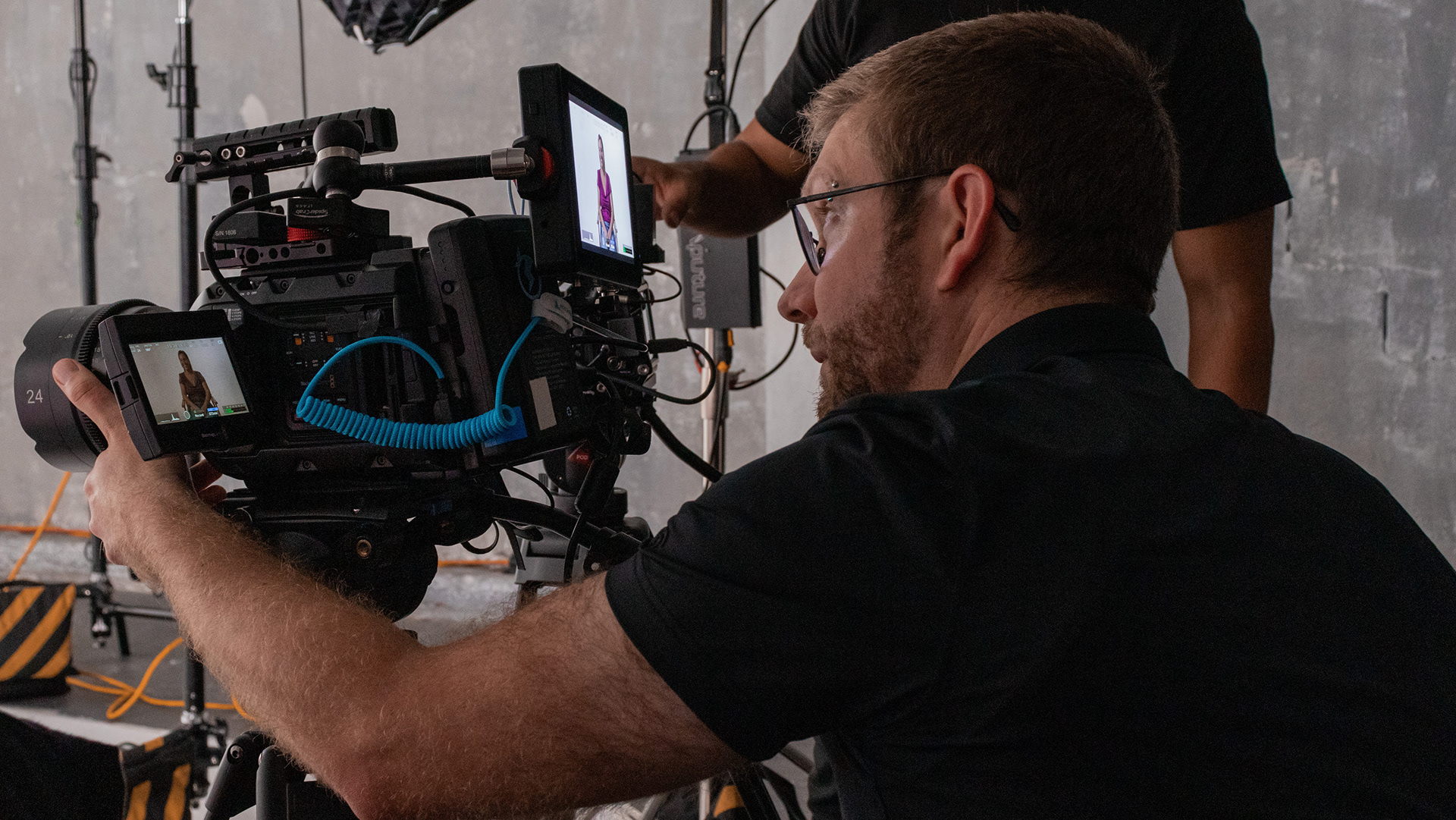
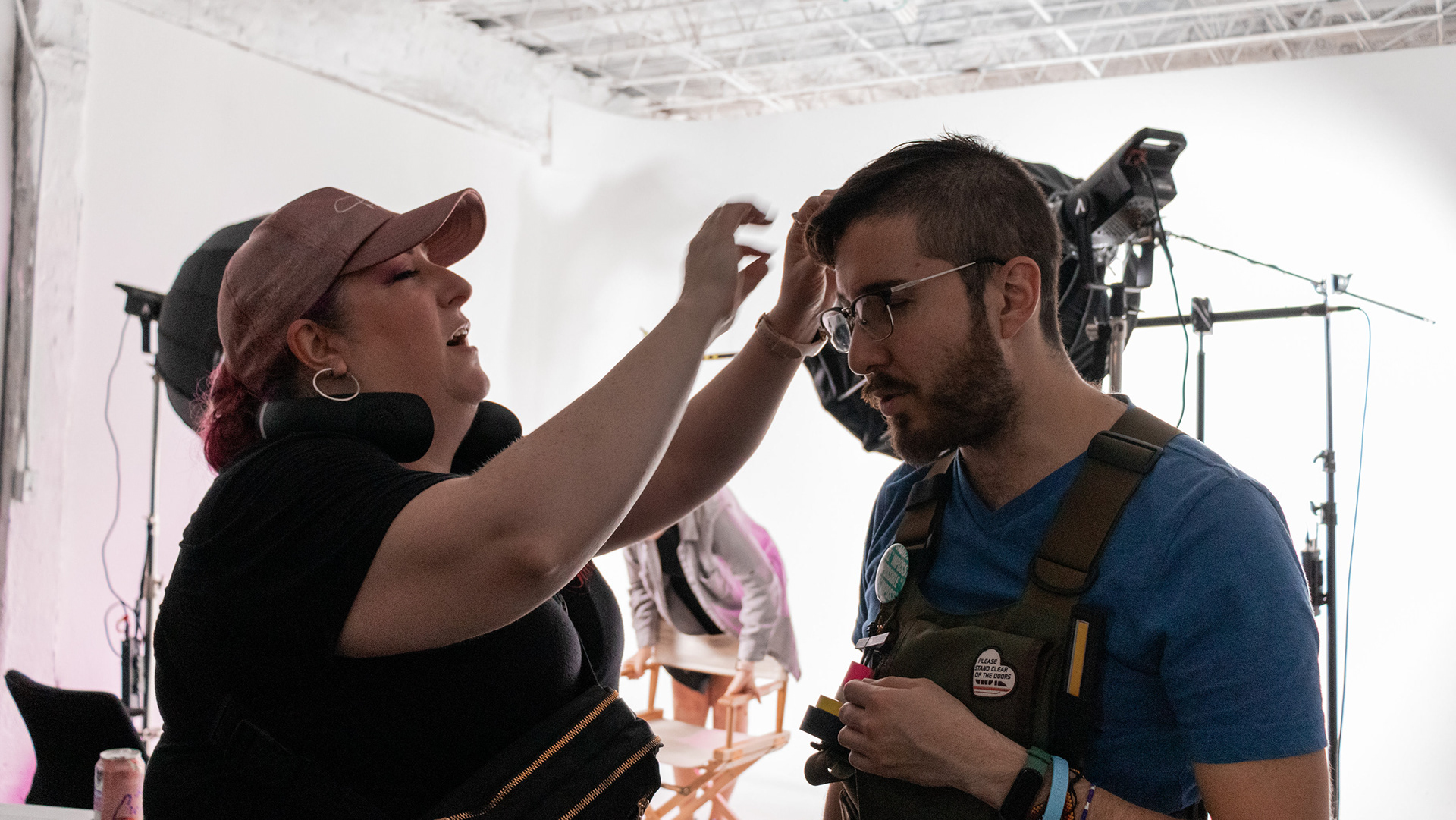
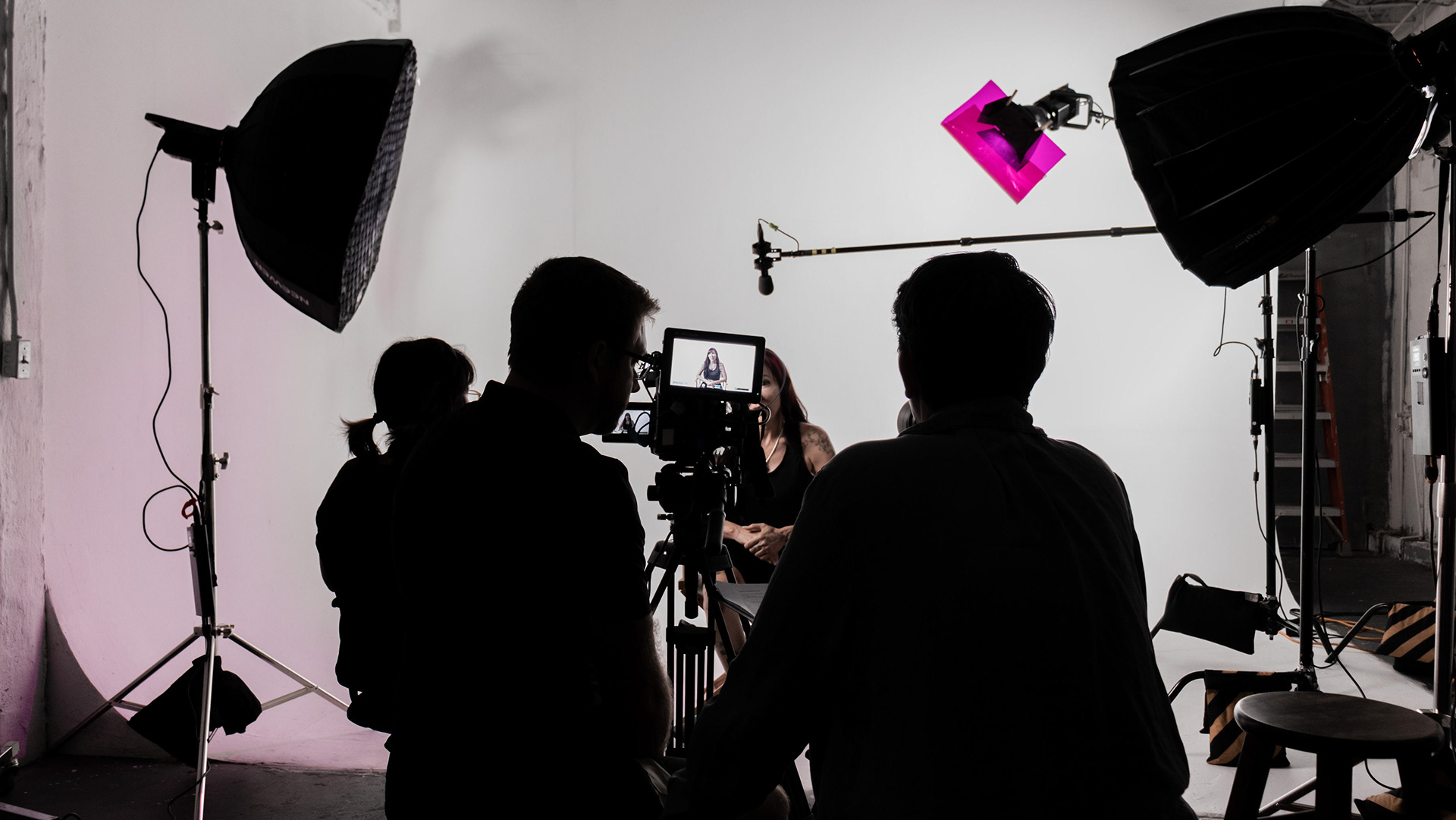
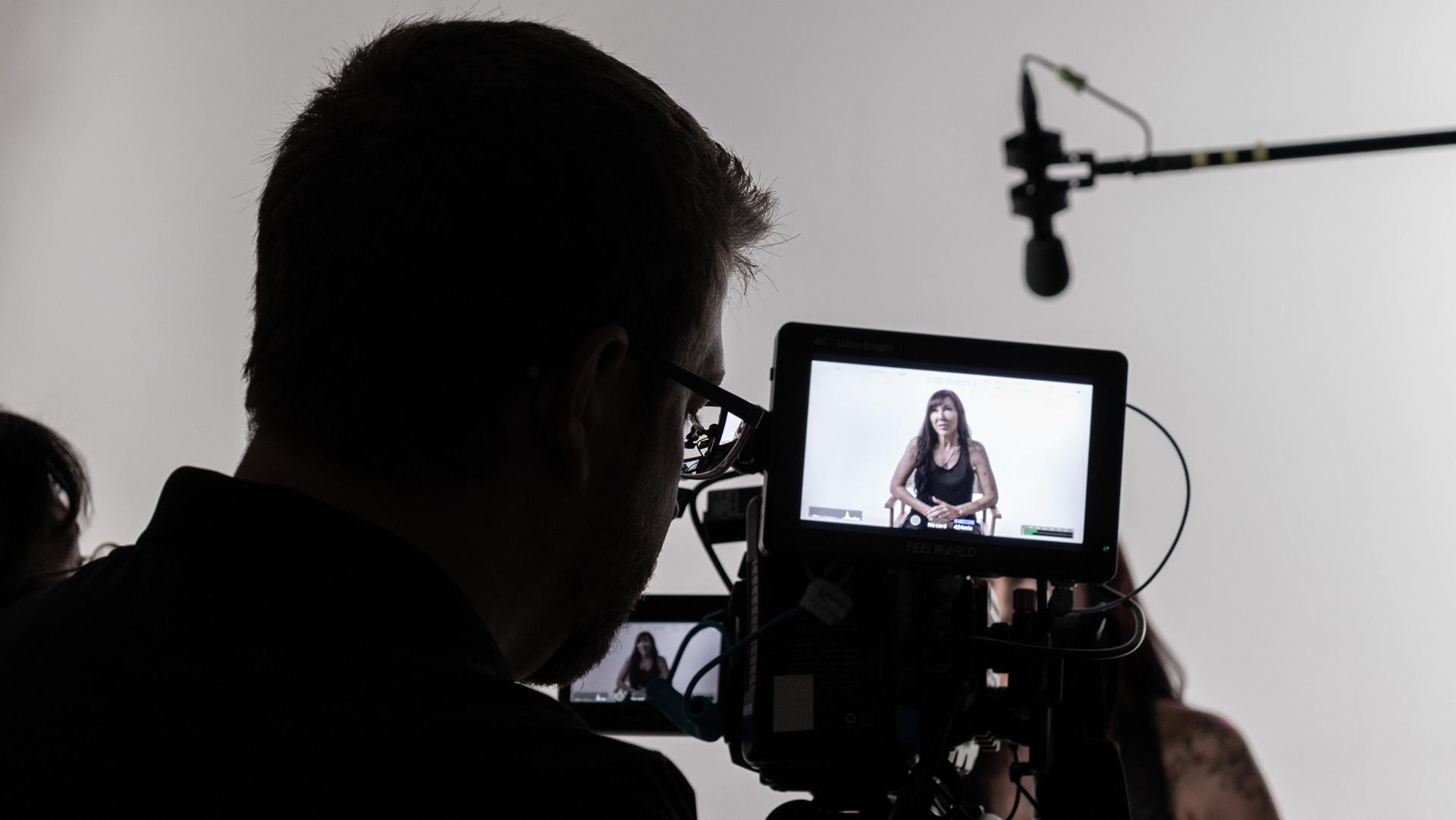
By Milea Verock